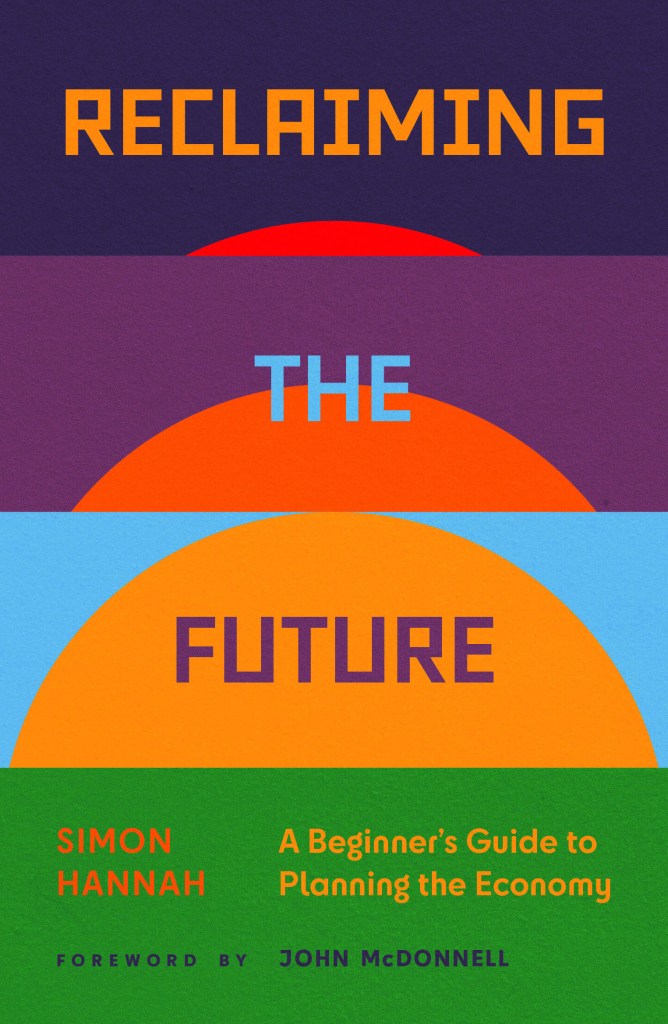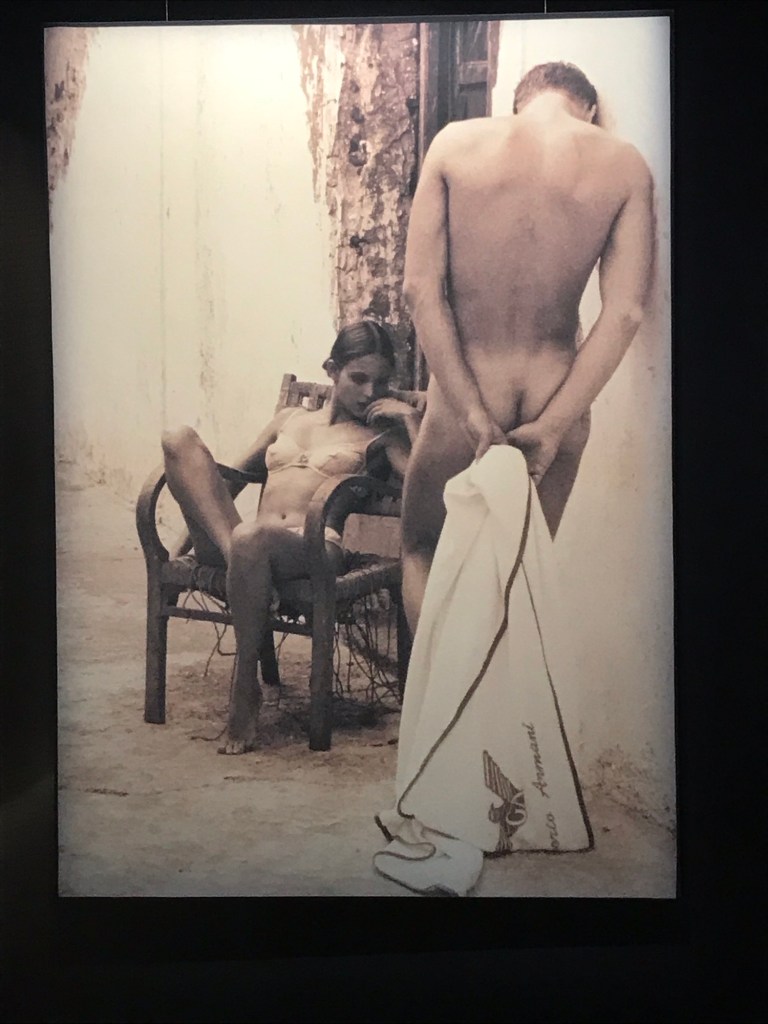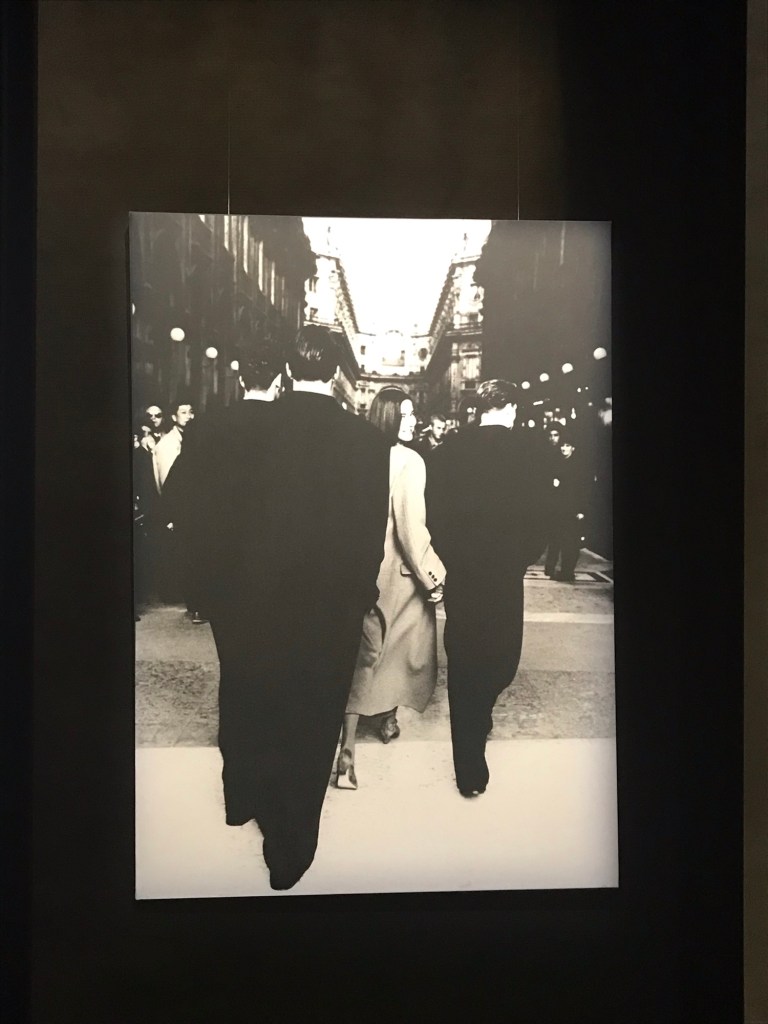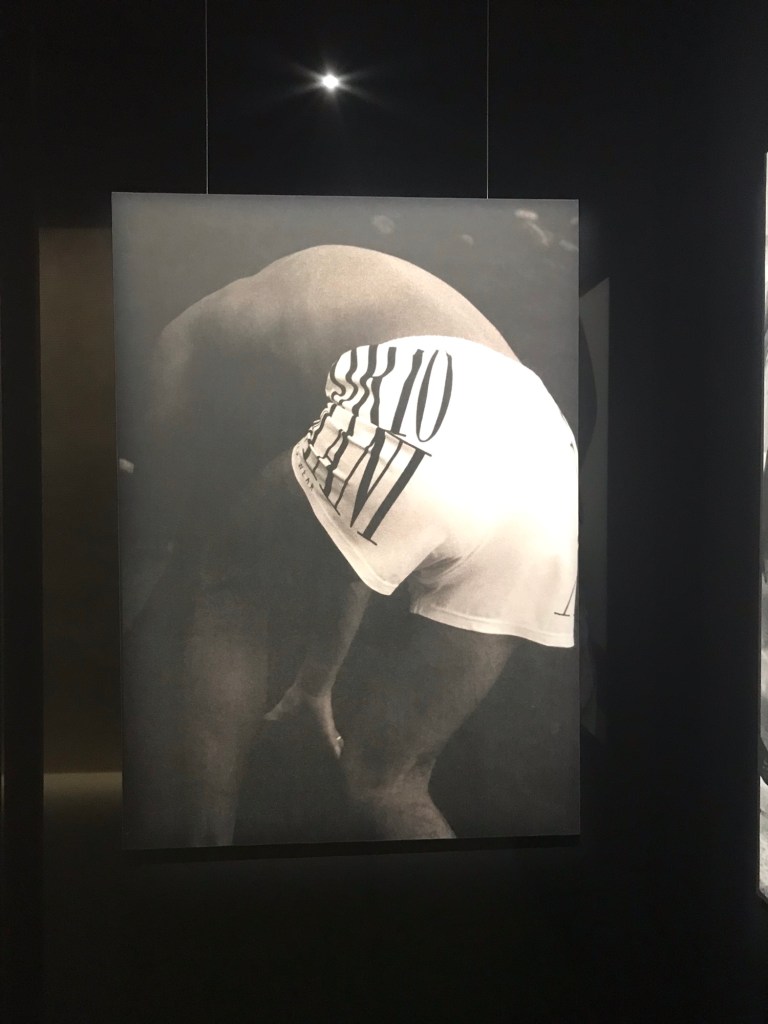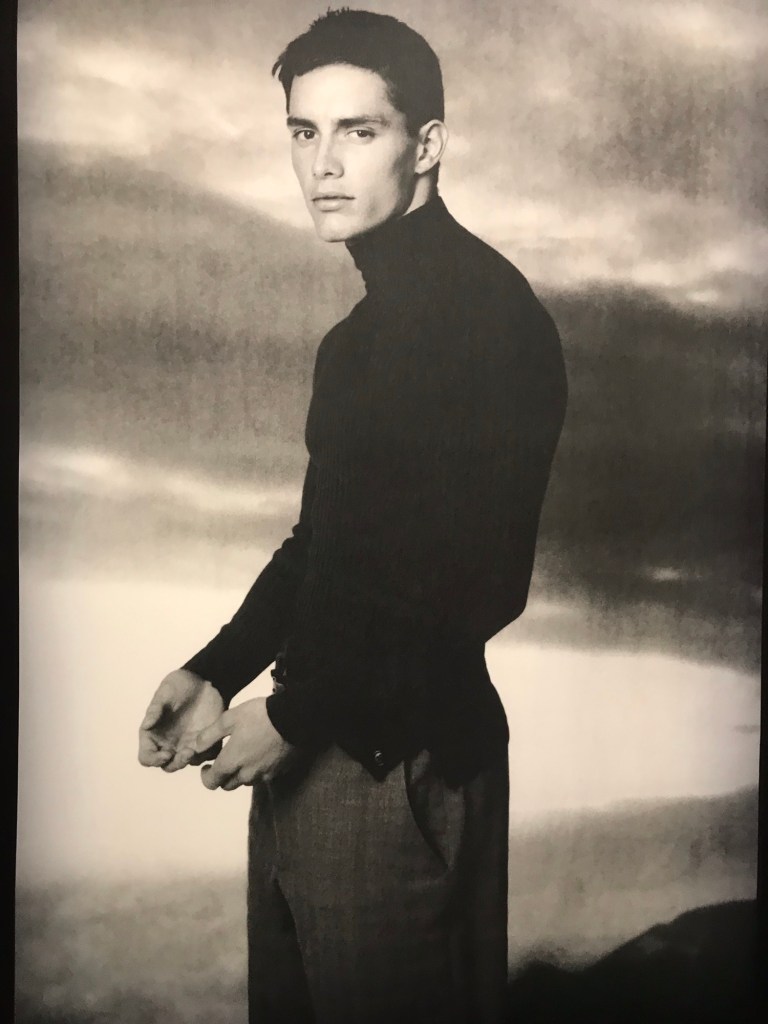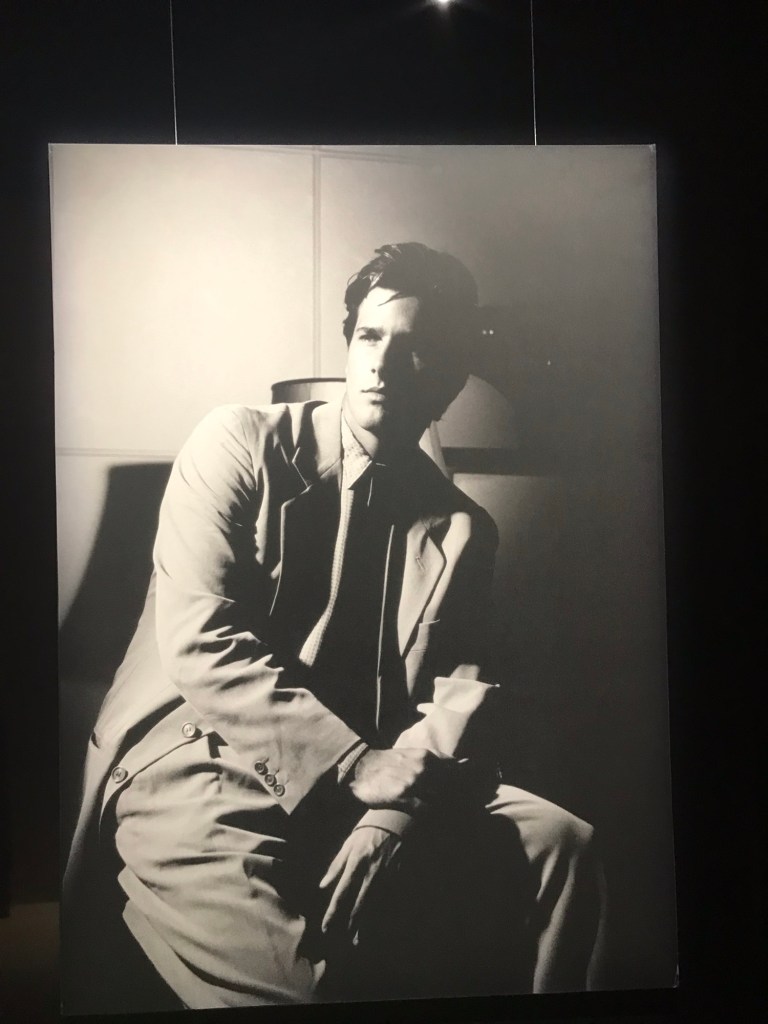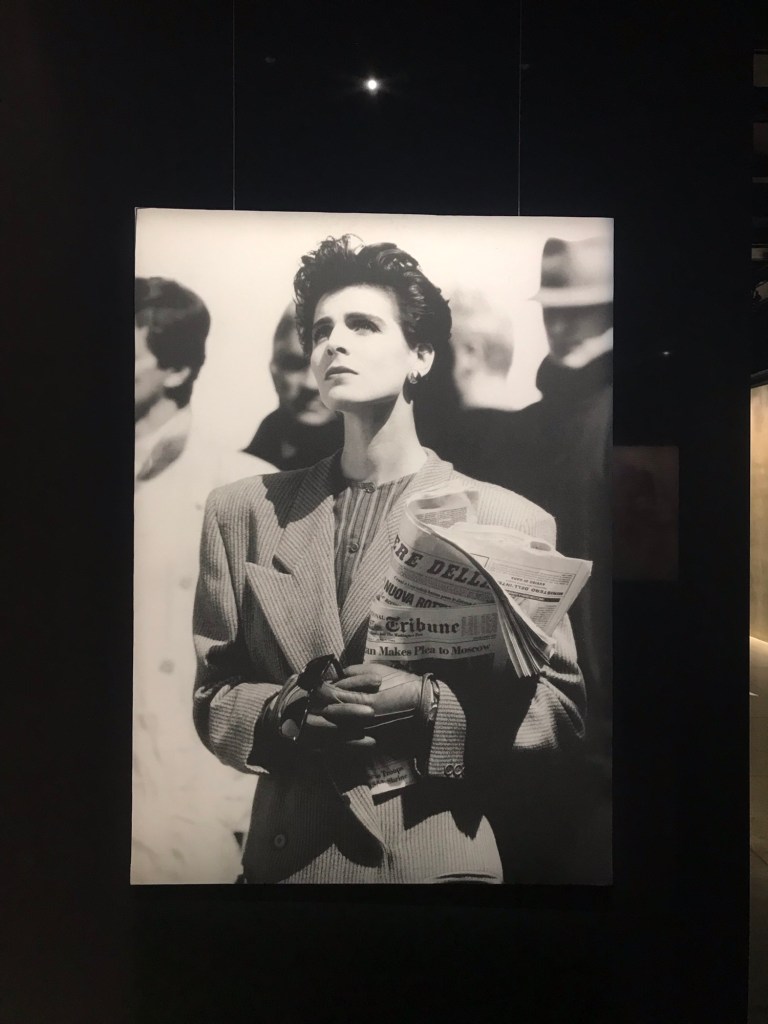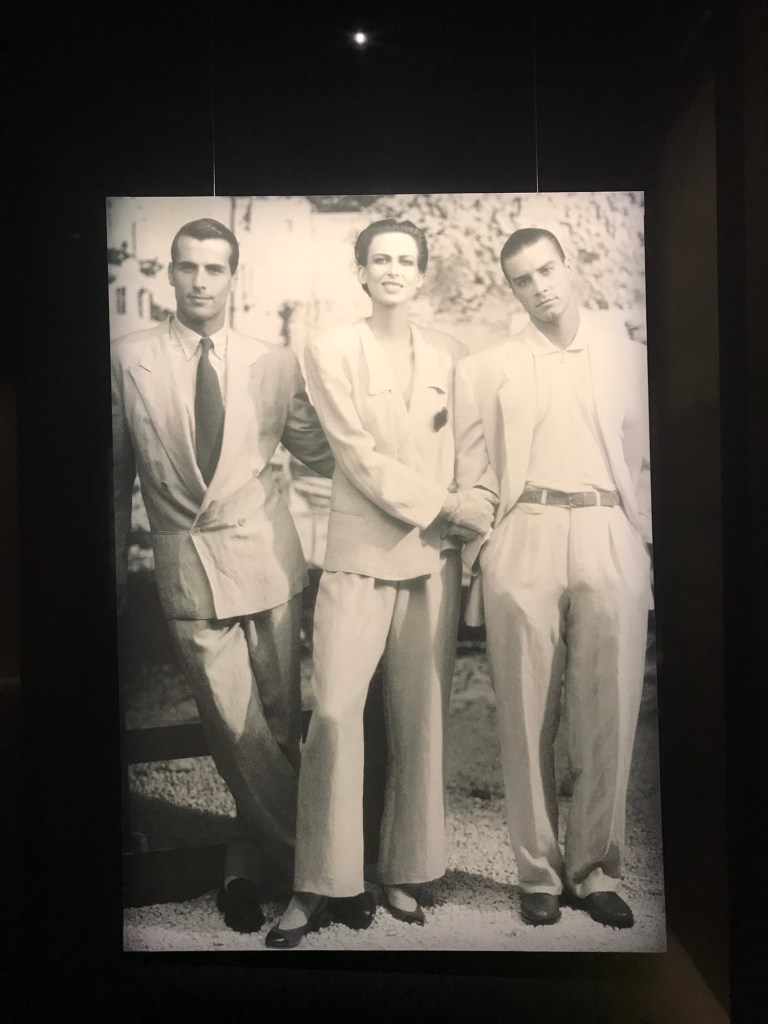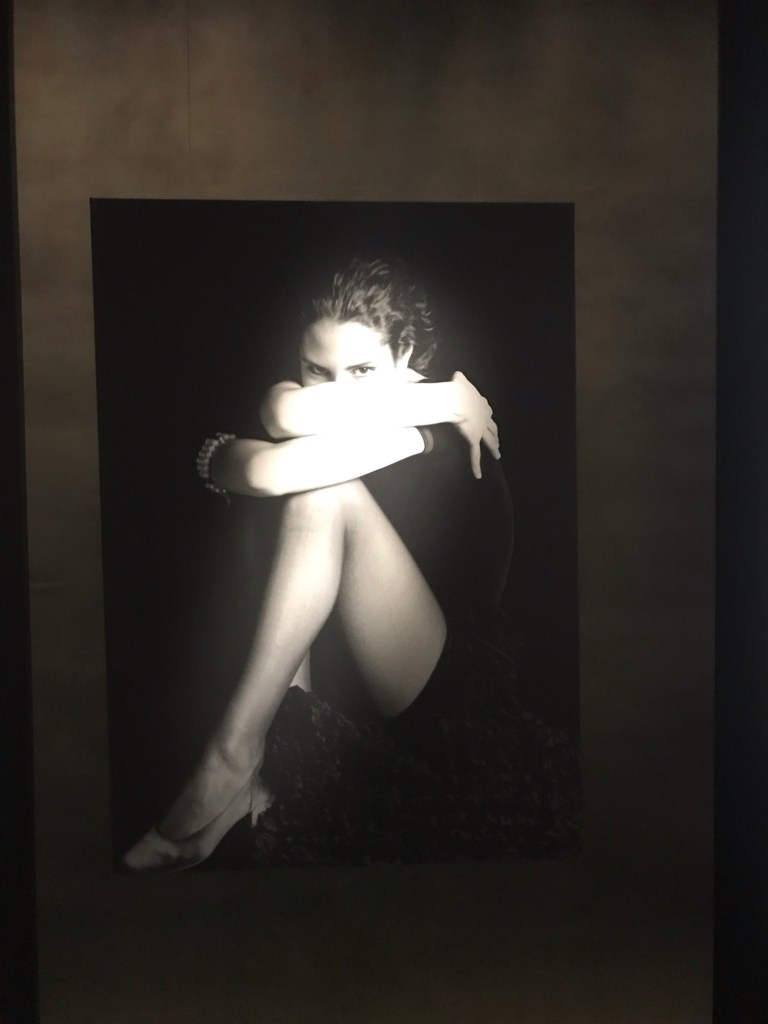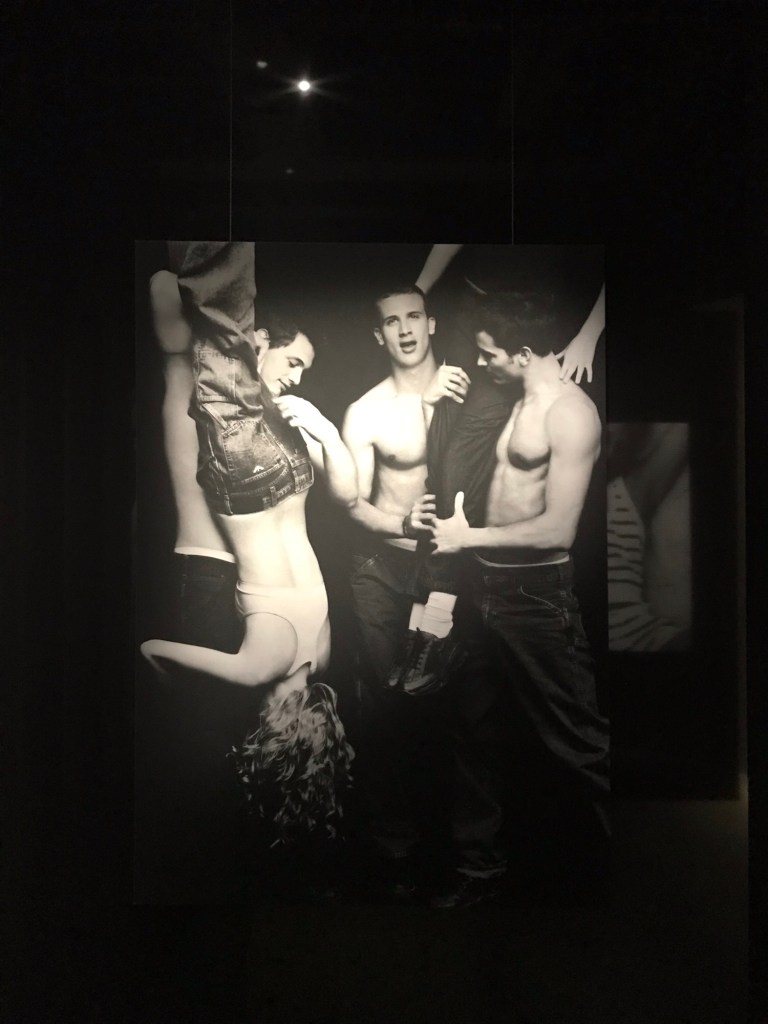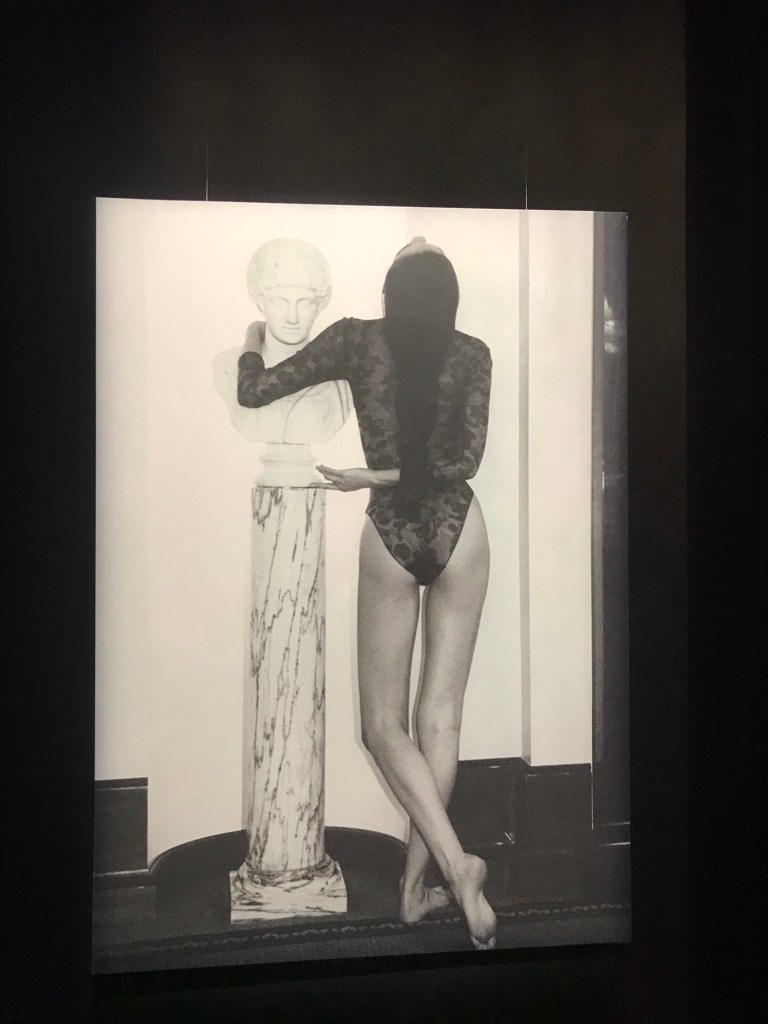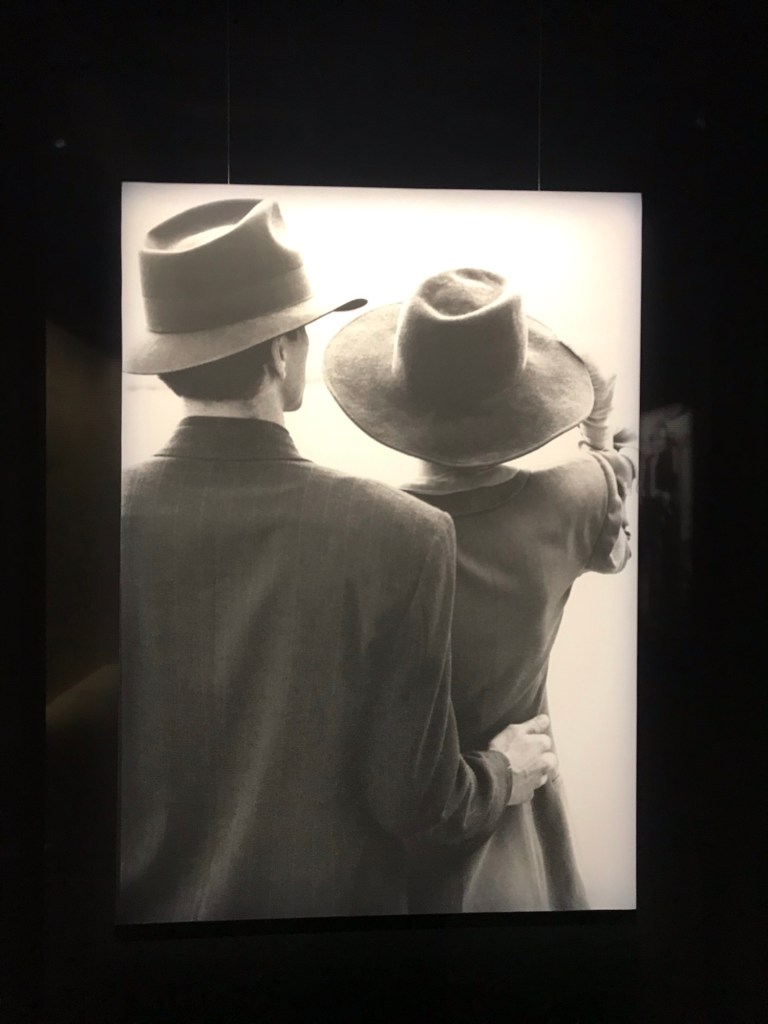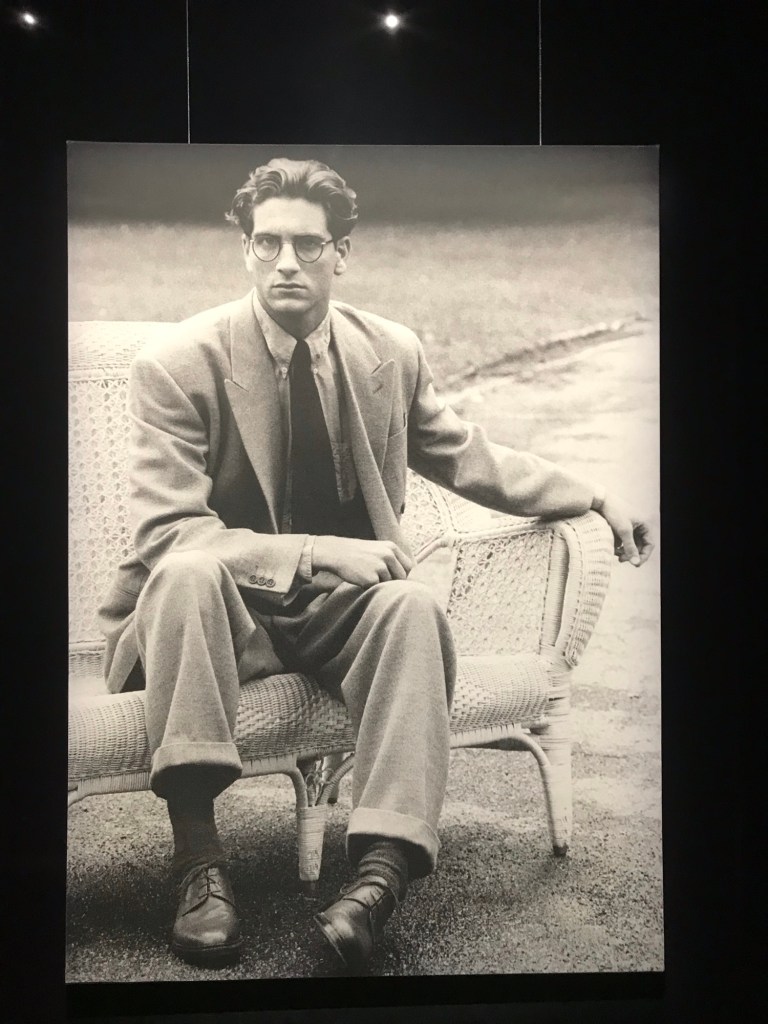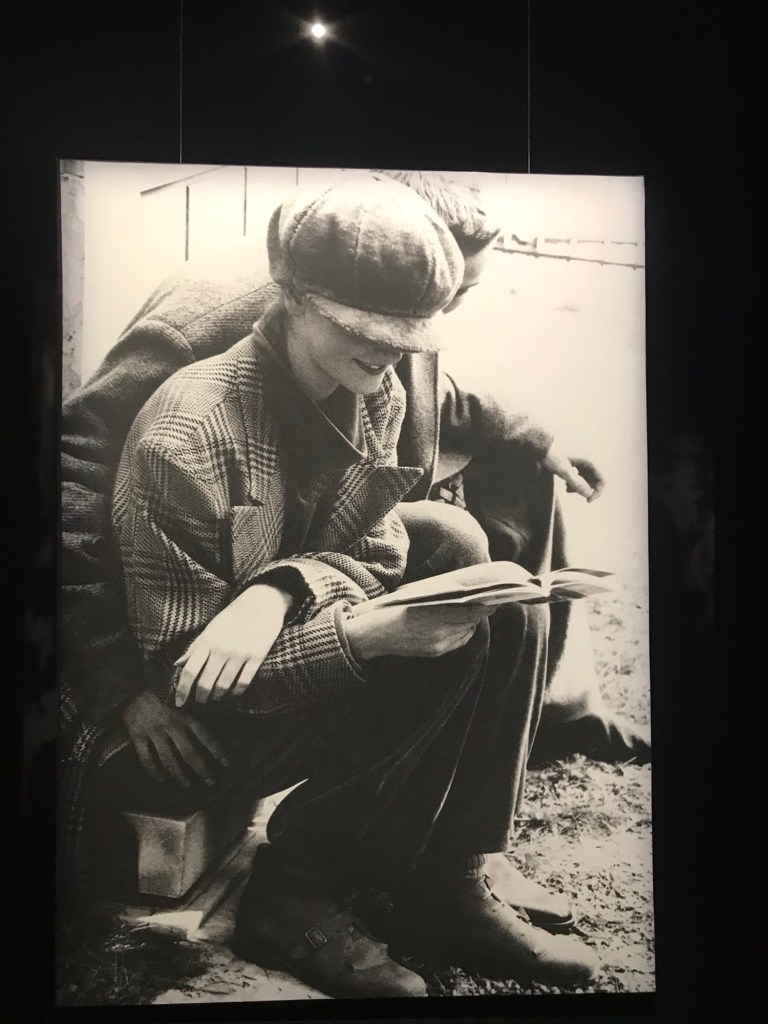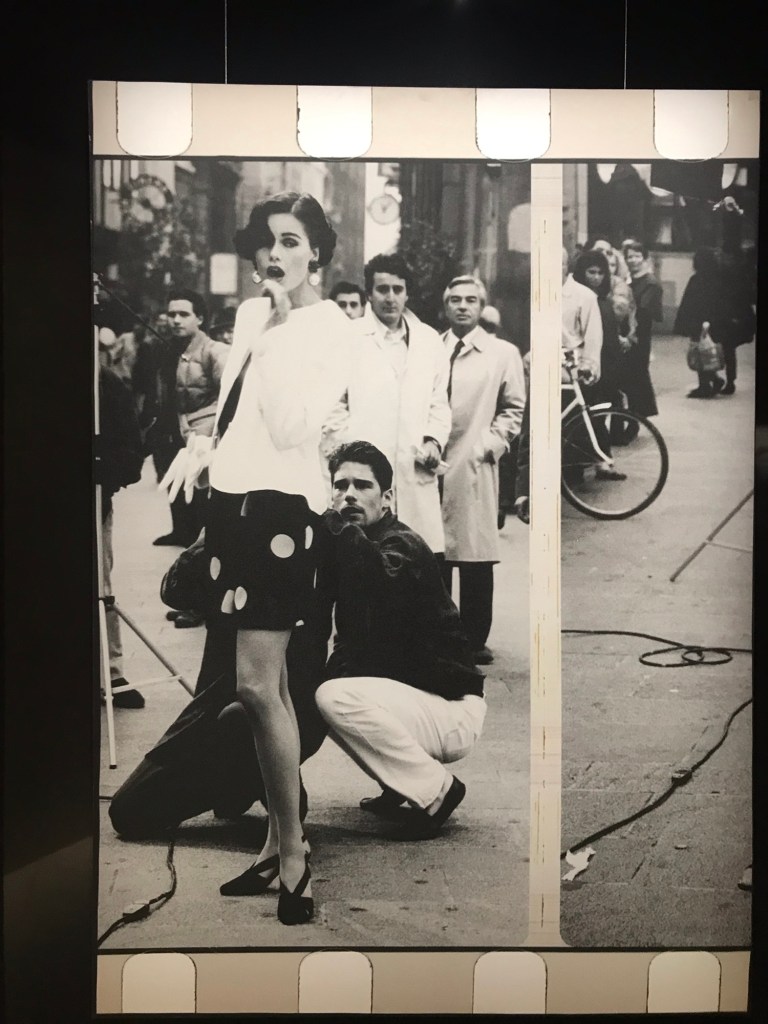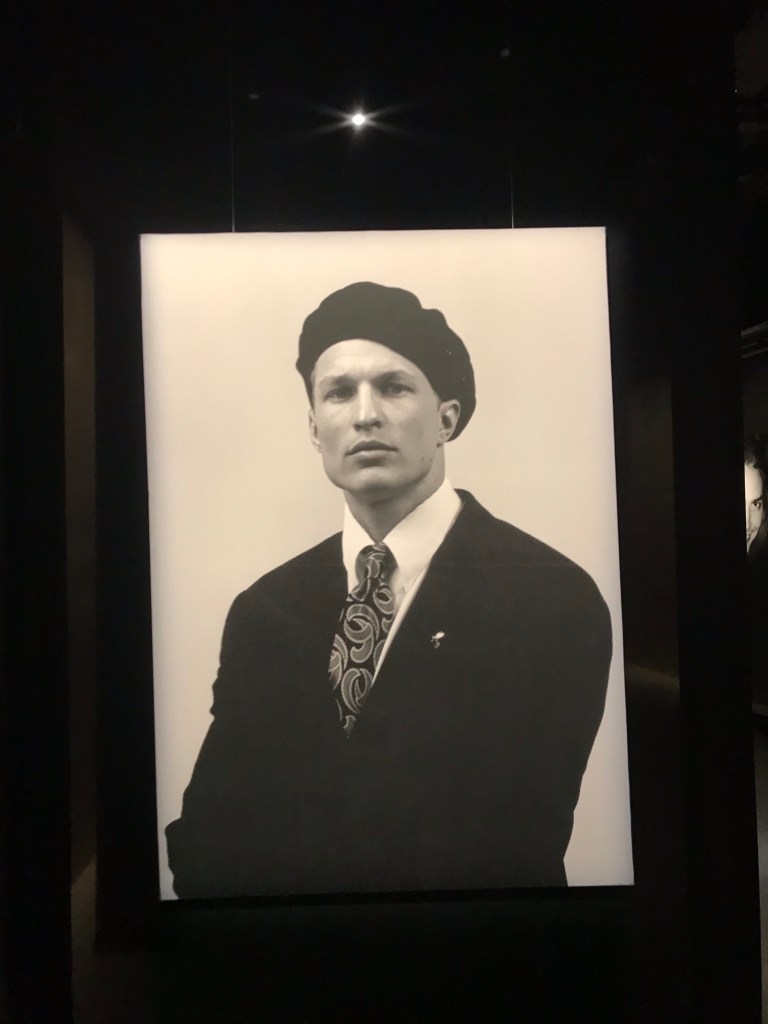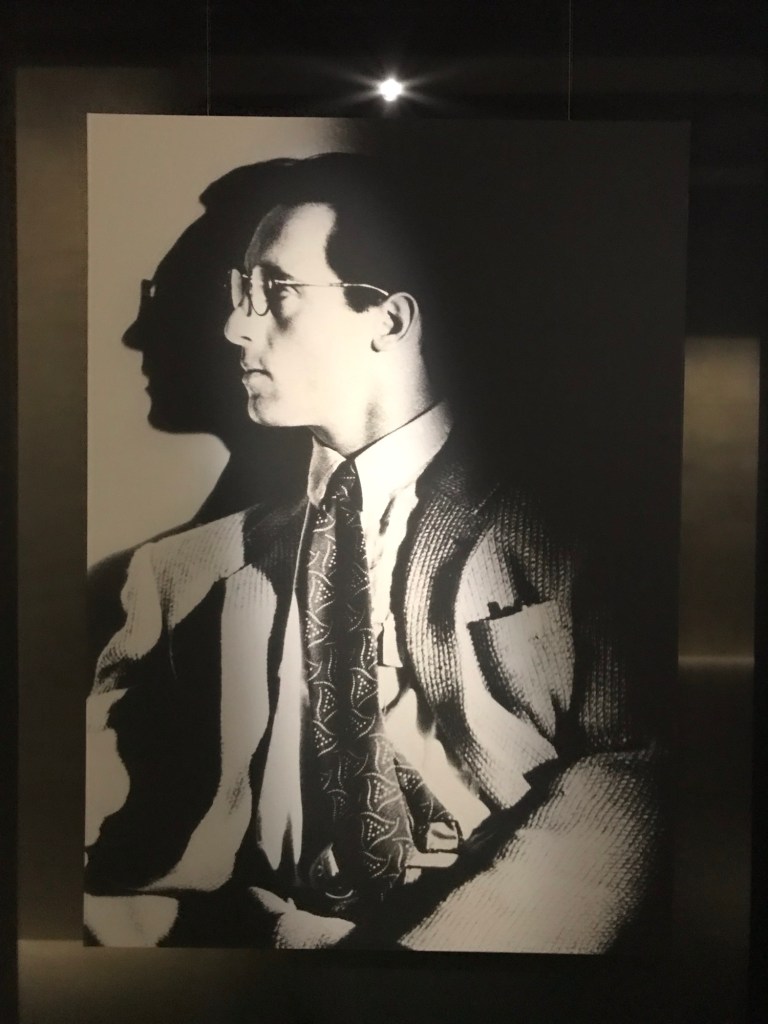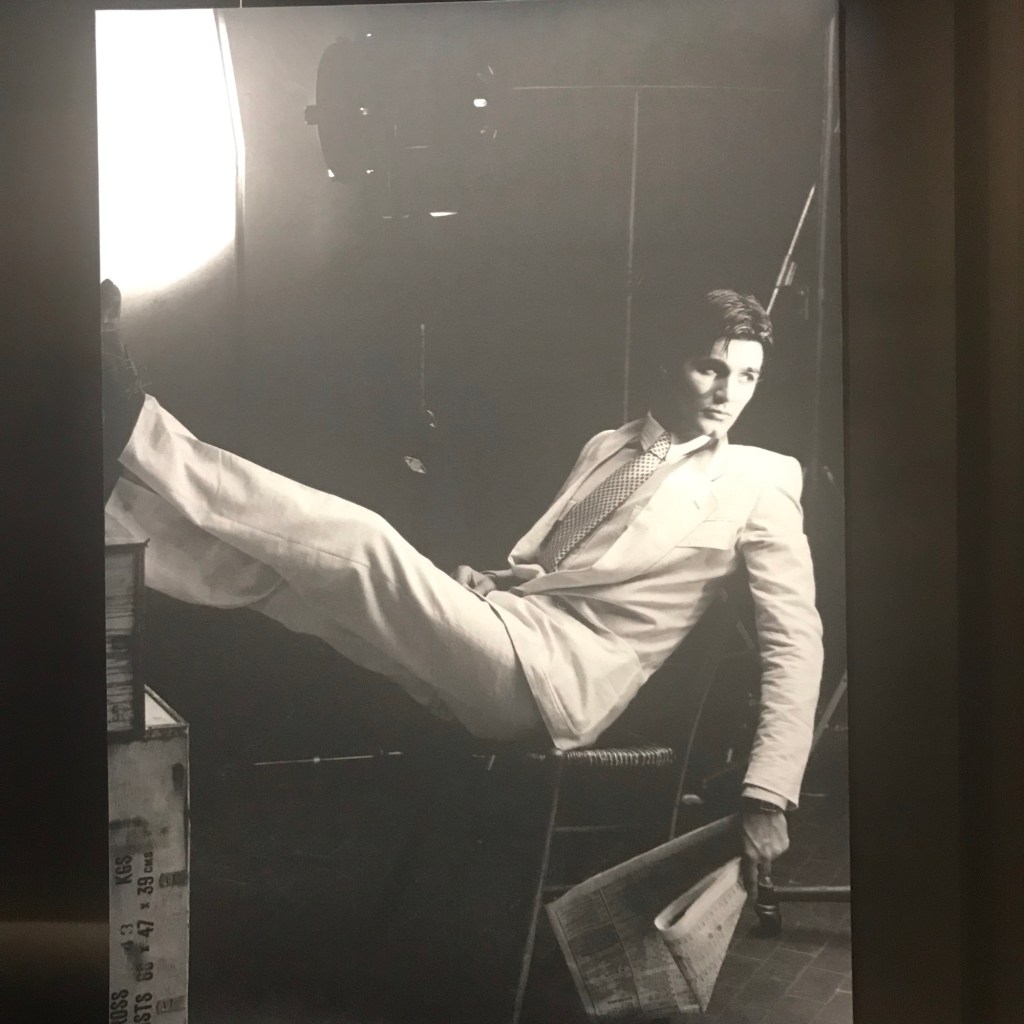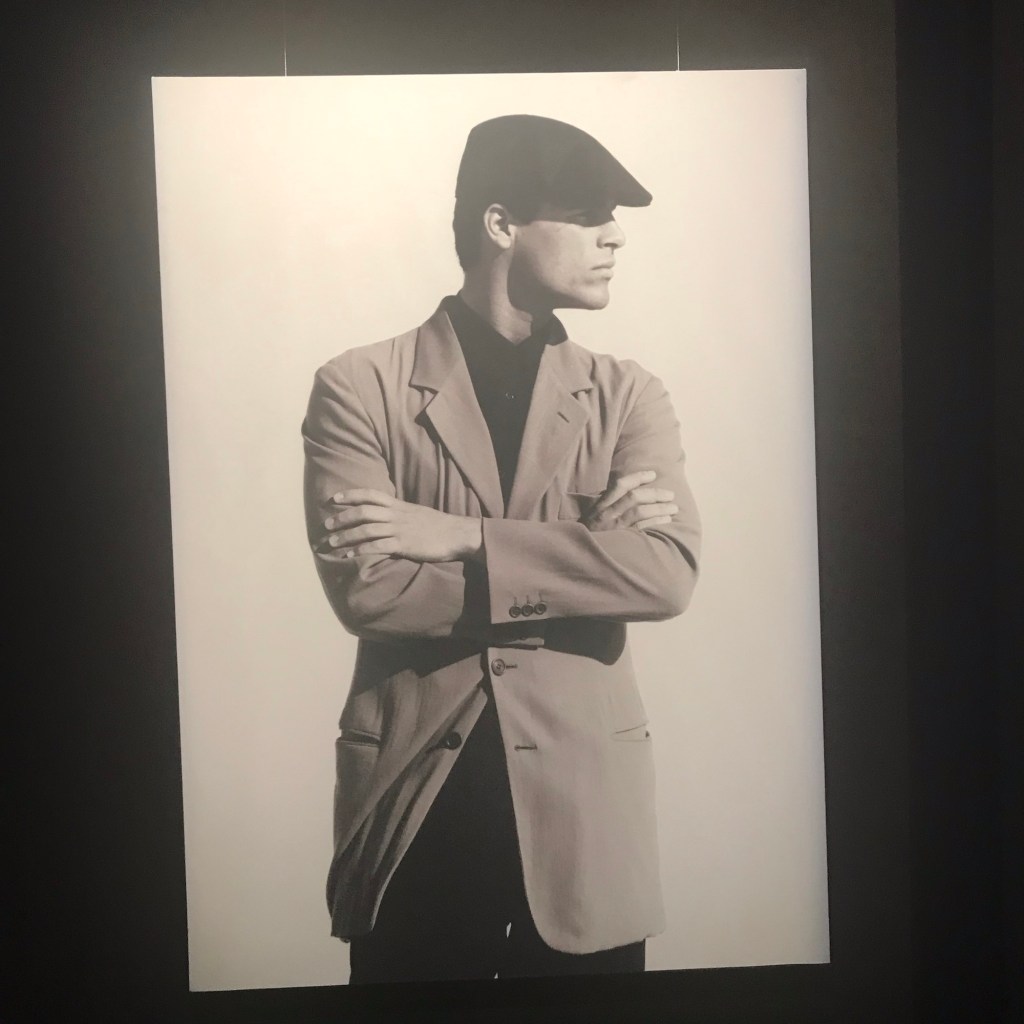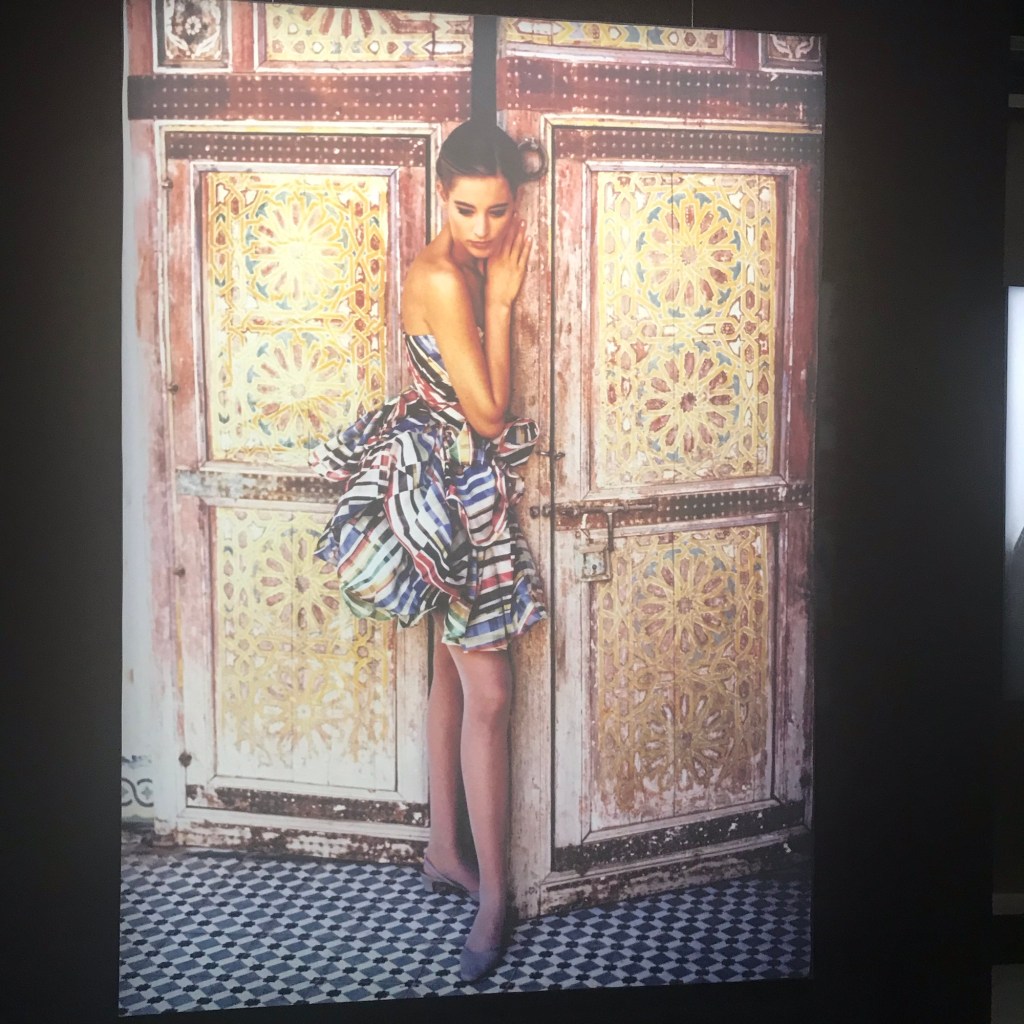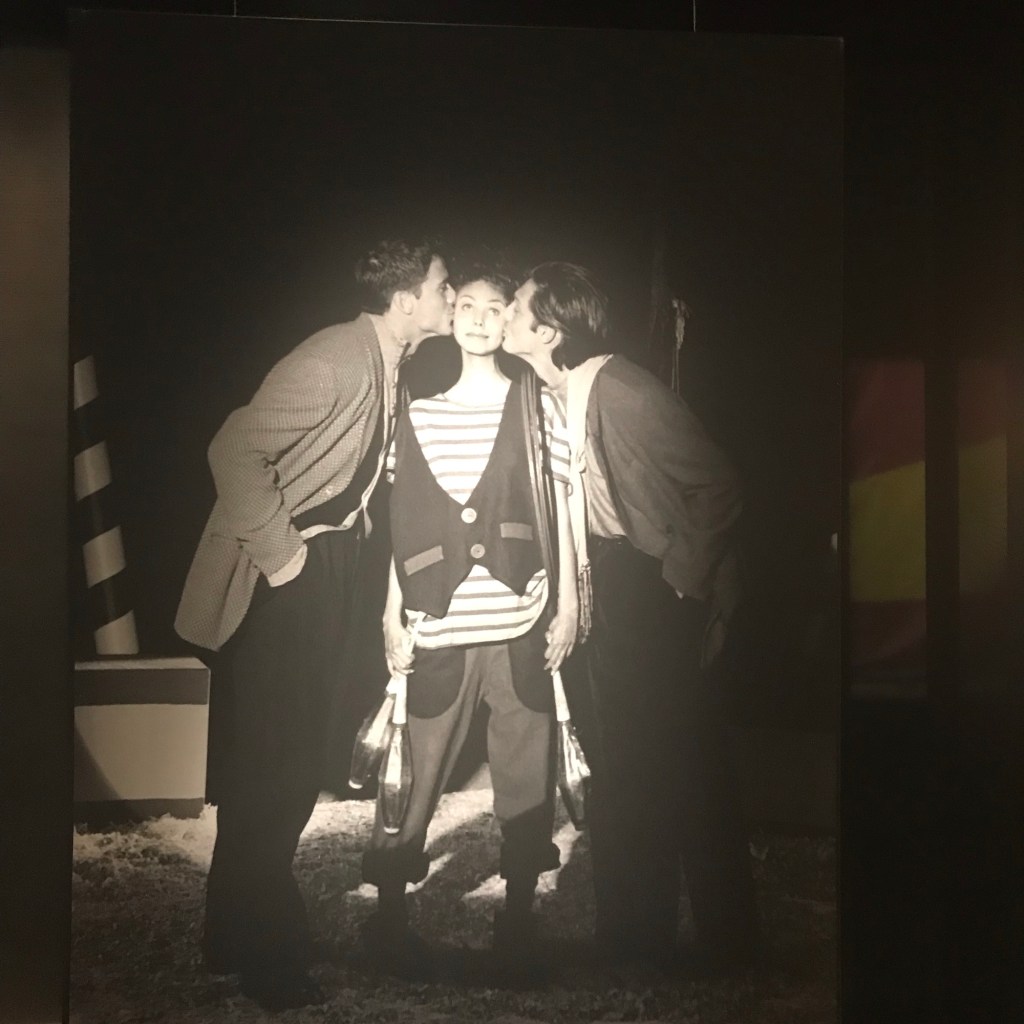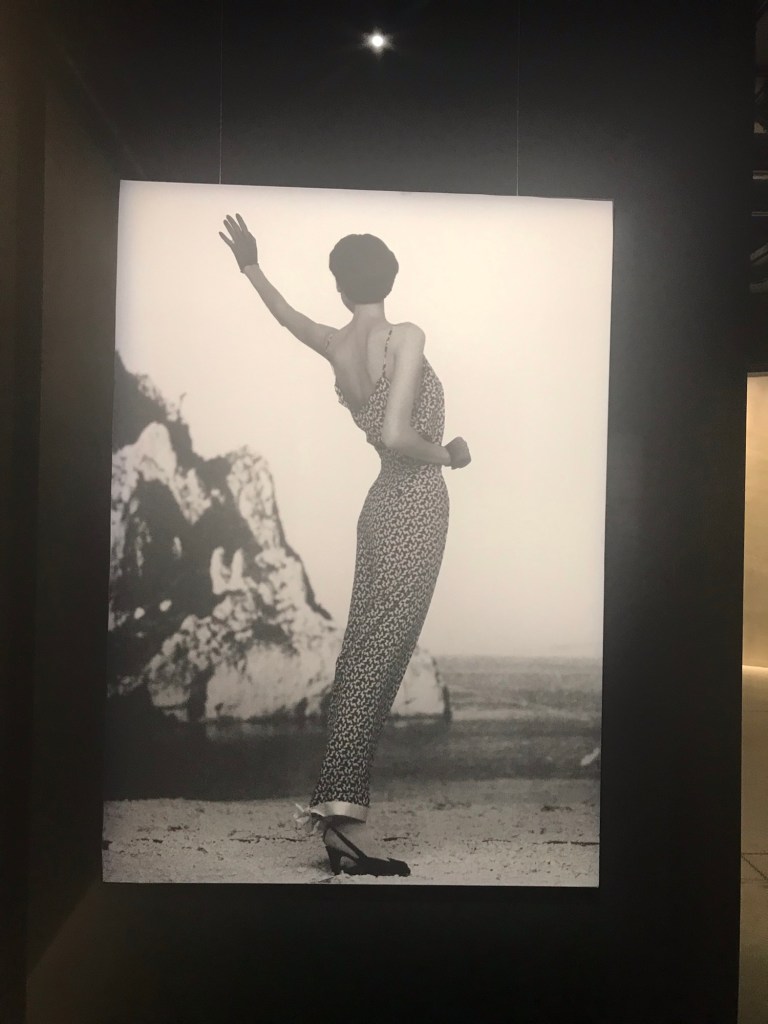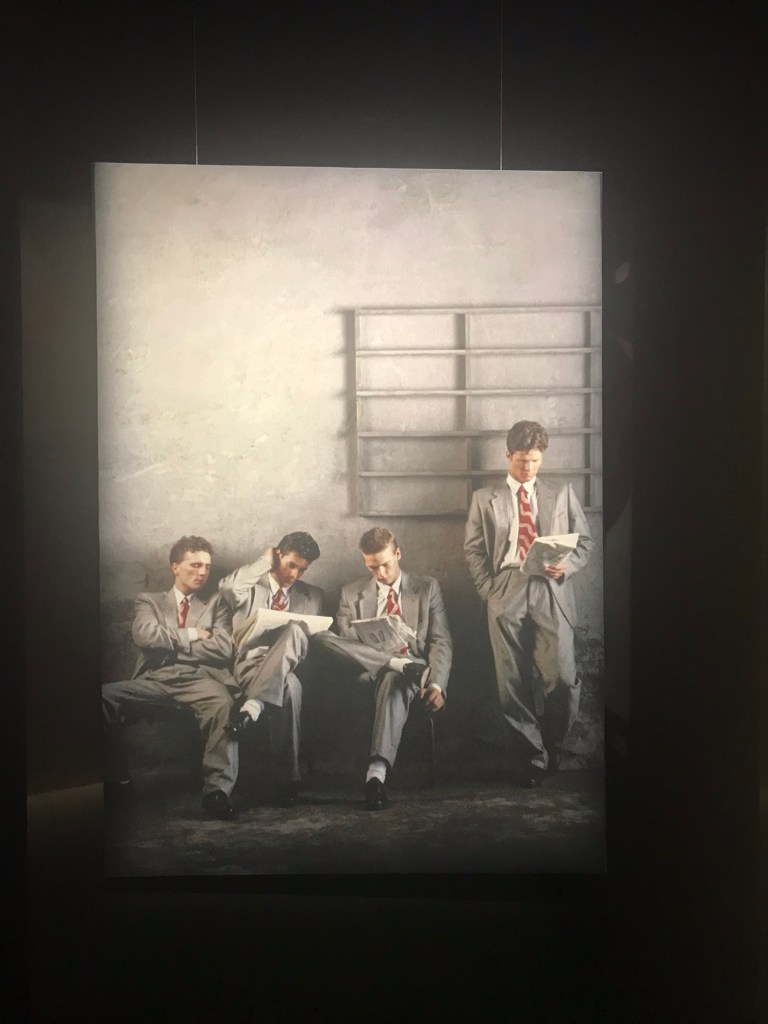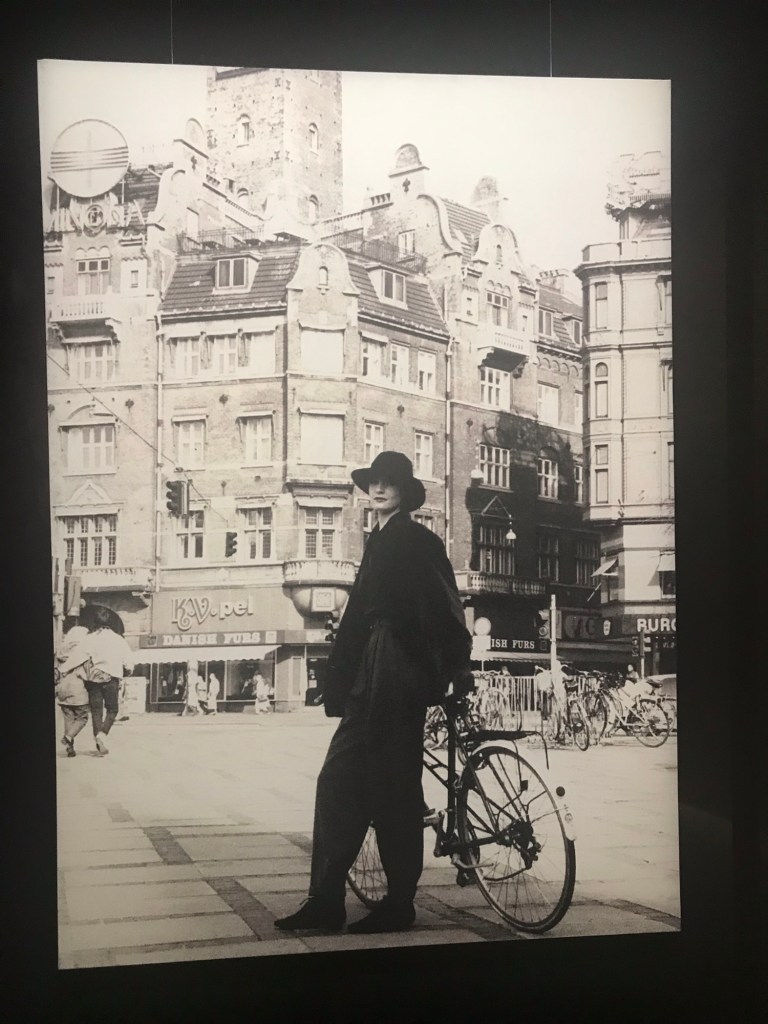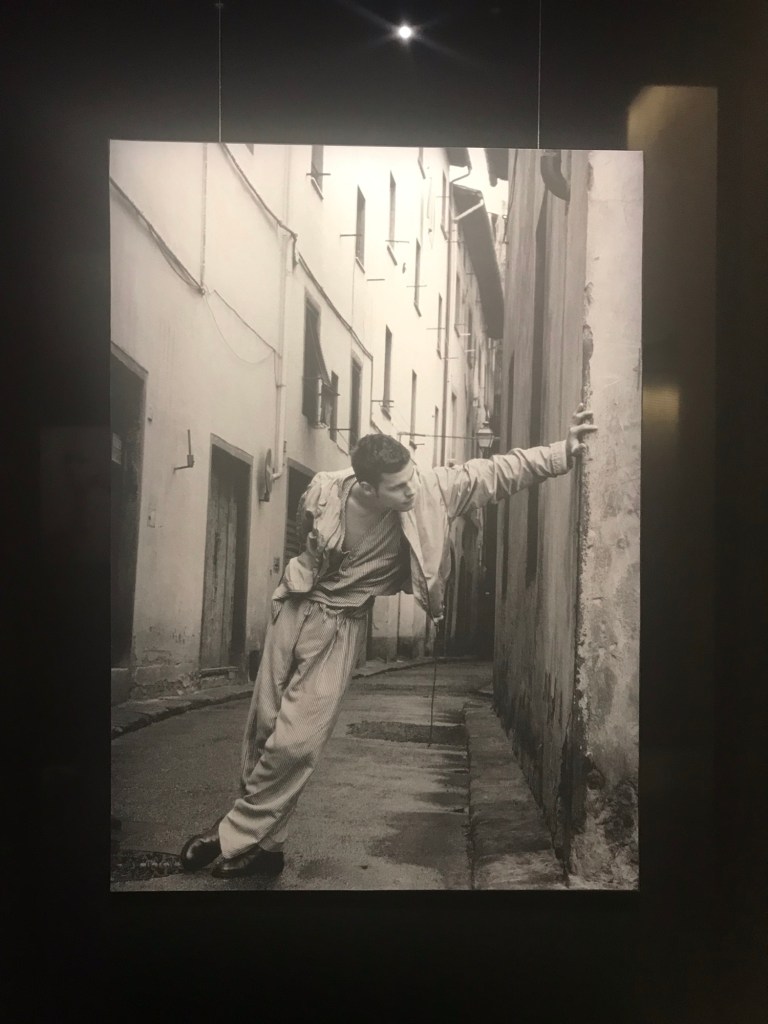In 2012 I was doing teacher training at the Institute of Education and I had to write an essay so I wrote this about Citizenship lessons and the educational theories of Althusser and Deleuze. Anyway I got a good grade for it so thought I’d publish for people to read!
Abstract
This paper examines the emerging role of Citizenship as an educational project to encourage civic participation amongst young people and examines some of the barriers or blockages that might prevent it from achieving this intended aim. By using insights from the theories of Louis Althusser and Gilles Deleuze, contrasting a structuralist and post-structuralist radical approach to education theory, the essay explores the antagonisms and contradictory pressures on Citizenship teaching and how young people react to it as agents in an increasingly post-political social arrangement. The paper suggests that unless Citizenship escapes the limitations placed on it by dominant ideologies then it will remain unable to fulfil its potential to engage new generations with political life.
Keywords: Citizenship, Althusser, Deleuze, structuralism, post-structuralism, critical theory, engagement
“Education makes a people easy to lead, but difficult to drive: easy to govern, but impossible to enslave.“
Peter Brougham
As a new subject in the British curriculum, Citizenship was launched with a bold agenda, no less than to create “change in the political culture of this country both nationally and locally” (Crick 1998:7). Yet a decade after its inaugural lessons, the ability of Citizenship to achieve its laudable goals remains unclear, even as the meaning of those goals is fought over by governments. This essay will critically examine the role of citizenship in the context of the educational theories of the structuralist thinker Louis Althusser and the post-structuralist ideas of Giles Deleuze and Felix Guattari. At its core it will ask if Citizenship can really re-engage young people and change the political culture, or whether the institutional barriers that Althusser and Deleuze identified prevent such a possibility. It will do this by exploring the relationship of the subject to the school system and wider society through a series of antagonisms, nodes of contradiction which offer either the danger of fundamentally undermining the course or giving it an even greater degree of effectiveness.
What it means to be a citizen, or whether such a thing could even be taught, is hotly debated (e.g. Osler and Starkey 2003, Furedi 2005). Whilst elements of citizenship teaching have existed in the curriculum and different subjects for some time, the idea of a separate course in Citizenship only really gained traction after the New Labour government took power in 1997. The White Paper Excellence in Schools (DfEE, 1997)called “to strengthen education for citizenship and the teaching of democracy in schools”. The White Paper itself was the culmination of thirty years work by the Politics Association alongside other educators and politicians who saw a value in a course which specifically promoted civic participation (Crick 2002:488-493).
Sir Bernard Crick was nominated to lead the enquiry and provide recommendations to the government on the possibility of Citizenship as a subject. His report (published 1998) emphasised the “teaching of democracy” as a remedy to the “worrying levels of apathy, ignorance and cynicism about public life” (DfEE & QCA, 1998:8) Seeing a worrying deficiency in the political sphere concerning participation, most importantly by young people, Crick looked to old ideas of civic republicanism and political literacy (Hayward and Jerome 2009:2) to galvanise new generations into political life. As such, the new subject was intended to revive an ailing representative democracy through promoting an active “citizen democracy”. As a confirmation of the concerns of the Crick report, the 2001 general election saw a dramatic collapse in the popular vote, to the lowest level since 1918, with only three in five eligible people voting. Jack Straw rather complacently argued that the low vote was the result of “a politics of contentment” (BBC News, 2001). In fact the deeper concern was that it reflected a wider trend of political disengagement which if left unchecked would erode the legitimacy of the liberal democratic system.
Citizenship became a statutory requirement in UK schools in August 2002. The National Curriculum, initially sparse on the requirements for teaching the new course, eventually expanded its remit and clarified its content (DfE 2007). Whilst establishing cause and effect would be almost impossible, it is interesting to note that within a year of Citizenship being established Britain saw huge school walk outs against the war in Iraq, the biggest in over 30 years. Was this a new generation taking the ideas of active citizenship to heart?
For some, the key test is whether young people re-engage in politics not through protests but through the ballot box, since a representative democracy begins to lose credibility when the electoral turnout remains stubbornly low (Weir 2008). Interestingly, whilst voting participation amongst young people actually dropped in 2005, down to 39% compared to 37% in 2001 (Electoral Commission 2005), it went up again in 2010 to around 44% (IPSOS 2010) However, the annual Audit of Political Engagement registered a small drop in the number of young people who were interested in politics or certain to vote (Hansard 2012:23-25). Overall interest in parliamentary politics remains stubbornly low in the last decade, despite Citizenship education. Does this reflect a wider exhaustion of politics, or even a post political age?
Since the benefits of the course have yet to be seen in terms of overall civic engagement, the questions remains if Citizenship is capable of altering the trend of disengagement. Today, Citizenship as it currently stands exists in an ambiguous place within the education system. Its ambiguity is caused by its relationship to the wider society which it is designed to alter (Crick’s “change in the political culture”). Because what society is or should be is contested, citizenship emerges as something of a kampfplatz for competing notions of what being a citizen means and what it means to be active as a social and political agent. The subject could just as easily be taught as a key component of the Conservative Big Society agenda of charitable ‘good deeds’ (Rose 2012) as it could be taught from Freire’s perspective, as cultivating a sense of conscientização (critical) consciousness (1996:17). Therefore, the precarious existence of Citizenship is precisely because of the antagonism at the heart of competing models of the education system, is it designed to inculcate, through implicit rendering of the norms and values of society more generally, a participatory loyalty to the status quo or promote free thinking active political subjects, wherever that might lead?
To further elucidate these issues, we will examine the ideas of two radical theorists as applied to education. Whilst they both share a common heritage as Spinozaists, Louis Althusser and Giles Deleuze developed radically different ideas concerning society and human existence more generally. Nevertheless, we can apply their concepts to educational paradigms to analyse the antagonism within the heart of the subjects position vis a vis society and explore potential future directions for the subject. In terms of reflective learning it will also allow for an evaluation of whether the key contentions of Althusser and Deleuze are a useful tool for establishing an accurate relationship between student (as social being), curriculum, school and society.
Althusser’s structuralist theories of Marxism were influential in educational theory in the 1970s (Gibson 1984:50-60), and retained some credibility within the academy even after Althusserianism had waned as an intellectual paradigm for left wing intellectuals. His theory that the subject is created (to use Freud’s phrase interpellated) through ideology, and that ideology is primarily inculcated in the schooling system, was particularly attractive to radical educationalists who were critical of the content and method of teaching in schools. As a structuralist he acknowledged that education had a much greater degree of autonomy from economics than many orthodox Marxists had done previously (Gibson 1984:54), but nevertheless argued that schools constituted the core component of the ideological state apparatus (Althusser 1972:259-60). Such an apparatus promotes a “massive inculcation of the ideology of the ruling class” (Althusser 1971:148) into wider society. In his 1971 essay on Ideology he explained that;
“…education drums into [students], whether it uses new or old methods, a certain amount of ‘know-how’ wrapped in the ruling ideology (French, arithmetic, natural history, the sciences, literature) or simply the ruling ideology in its pure state (ethics, civic instruction, philosophy)”. (1971:155)
Moreover, “the school… teaches ‘know-how’, but in forms which ensure subjection to the ruling ideology or the mastery of its ‘practice’.” An example of the ideological nature of the school system might be the recent changes to the Teaching Standards guidelines which require teachers to not undermine “fundamental British values, including democracy [and] the rule of law…” (DfE 2012) implicitly limiting the possibility of a critical appraisal – what Friere would call “problem-posing education” (1996:85) – of those values including whether the state is democratic or on whose behalf the law is implemented. In Althusser’s model, a schools fear of conscientização stems from its position within the ideological apparatus; the school’s role is to perpetuate bourgeois ideology, not to challenge it, as such critical thinking can only be allowed within certain parameters.
Althusser saw education as a structure, working alongside others, such as politics, and economics. The structure of education or politics interacts with other structures, producing a system of tension (Gibson 1984:55-56), eventually one structure over-determines the others, an event is not the result of one cause but several, overlapping ones. Within this arrangement subjects exist only as adjuncts to the structure, they have no causal will of their own, the ideological apparatus constitutes subjects – in this case the teacher’s demand to turn-around-face-the-front forms the student as a subject of the ideological power relation. This insight raises question over the capacity for Citizenship to act as a bearer of ideological subjectification – ‘write a letter to the Prime Minister’, ‘petition the council’, all these requests potentially act as reinforcers of a particular ideological arrangment. If participation in mainstream politics is declining (possibly because the ideology is dominant but exhausted) than simply reaffirming its necessity is not an intellectually serious approach to reversing the trend.
Whilst an analysis of structures and their interrelationship can be useful in an educational setting, Althusser’s has his limits, primarily around the question of subjectivity. For Althusser, because pupils are merely the bearers of ideological structures (e.g. femininity/masculinity or Britishness) they lack any coherent subjective agency of their own. His position was criticised for being “over-simplified” and “one sided”, (Barcan 1993: 154) because students “are relegated to static role-bearers, carriers of predefined meanings, agents of gegemonic ideologies inscribed in their psyche like irremovable scars” (Giroux 2001:83). Such an approach would render critical pedagogy useless, and makes teaching a thankless, hopeless task – which is why the approach should not be adopted wholesale.
However, if Althusser is right about schools as instruments of ruling class ideology, then one would expect Citizenship, like other subjects, to reflect the needs and desires of ruling elites at any one time, as well as the general bourgeois consciousness in wider society. Crick’s adamant defence of parliamentary democracy and limitation of civic activism within the parameters of centre left paradigms would possibly demonstrate such a perspective. The repeated calls to emphasise the teaching of a distinct “Britishness” in the course would reflect another. Although the School is represented “as a neutral environment purged of ideology” (Althusser 1971:157), the ideology works at the most general level, with -for instance – Citizenship taking liberal democracy for granted as the only political form of governance possible. This narrowing of possibilities was certainly Crick’s intention dating back from In Defence of Politics, and would reflect the interests of the politicians who pioneered Citizenship teaching in schools. Whether the subject could provide an emancipatory challenge to the perceived limitations of parliamentary democracy is therefore in question.
Within a post-structuralist framework, whilst Deleuzean philosophies are radically different they also point to a similar antagonism within the school system, and therefore into how Citizenship would be taught. The Deleuzean critique of standard educational models and practices examines the segmentation and differentiation of the multitude, in this case, the thousands of students going through the education system. Deleuze’s world is not one of structures, but of flows of desire, or assemblages and machines of capture and release. The flow of young students through society into adulthood is captured by the school machine, they are assembled (as pupils in a school) then disassembled (streamed, assessed, differentiated) in the process of becoming through education. For Deleuze differénce is an ontological root, to attempt to homogenise too strongly is to act against reality. However the school system, in order to function, must attempt to capture these flows of desire and transform heterogeneity into a degree of homogeneity. School is a regime of multiple systems of signifiers, including “objective assessment, competence, risk, standardization [and] efficiency” (Roy 2003:11). Importantly, Deleuze offers a way of overcoming the banking-deficit model of education (Friere 1996:53), by not focussing on a Freudian lack, but instead on the formative subjectivity of desire (Ringrose 2011:600).
From Deleuze’s perspective children are naturally nomadic, spontaneous and deterritorialised – meaning that they often defy attempts to control and restrain, they struggle against boundaries and conformity. Their flows of desire are orientated towards knowledge gained through play and peer interaction, through being embedded in the life world. Deleuze and his co-author Felix Guattari sought a politics and social theory which was rhizomatic (Deleuze and Guattari 1987:3-13), spreading out like interlinked roots, not arborescent forms of knowledge and organising which are binary, rigid and mechanical (ibid 1987:18). It sees separation and clear disciplinary boundaries between subjects. Citizenship can lend itself to rhizomatic activities and thinking, to seeing interconnections and points of reference, to engage critical thinking – or it can replicate the binary thought of mainstream society (immigration bad, Britishness good; riots bad, police good, etc). A further tension arises between the desire to turn young students into self activating political agents and the role of the school in acting as a thoroughly Oedipal “micro fascism” (1987:236), for instance by enforcing petty restrictions on uniform and behaviour. Deleuze’s concern over this is shared by Freire who also refers to the school internalising paternal authority (1996:136) and why this must inevitably alienate students.
The assembling and reassembling of citizenship and its component parts and the struggle to territorialise citizenship to ideologies indicate that citizenship is also part of this flow, that it could be used as an instrument of capture. For instance, Deleuze talks about majoritarian perspectives acting as an oppressive break on minoritarian viewpoint, it can be the case that students suffer because “differences have been subsumed by a largely inflexible education system that operates with liberal majoritarian assumptions” (Roy 2003:8). A citizenship that promoted conformist views of Britishness would be anathema to a critical reading of what being a citizen means, since it precludes the possibility that citizenship could also be the result of struggles by a currently excluded minority in the present day.
Applying this to the teaching of Citizenship directly, we can see how the school can be both/either a brake on, or a catalyst for the subject. If the classroom is thought of as a “public space” then it opens up the possibility of the lesson “not as a place of seminiation, but as an agora, a meeting place, with exchanges going on all the time…” (McMahon 1996:7), such a space would be facilitated by the teacher, even guided, but not directed. For Deleuze (as for Freire) the best kind of lesson is one which allows the flows of ideas and beliefs to come from the pupils themselves, one in which the power relations that controlled and constrained the students through regimes of discipline were undermined. However, whether a loss of all authority by the teacher would render a “public space” possible in practice remains a debated question. But conceiving of the classroom in this way and emphasising the importance of citizenship in the wider world (the flows and communications beyond the school gates) could also be the greatest strength of Citizenship. Done well it is one of the subjects most relevant to the lives of the students. A study by Hulleman and Harackiewicz (2009) found that lower performing school students scored higher results if they were able to connect their lessons to their everyday lives. Providing context and meaning for the lessons, which Freire refers to it as “an individuals contextual reality” (1962:85) benefits the students by allowing for connections beyond the bubble of academia and the school.
This has implications for the way that Citizenship is taught. For example, Citizenship lessons which concentrated on card sorts where arguments for and against a controversial subject are presented (for instance lowering the voting age to 16) potentially close down creative thinking and merely seek to inculcate in students coordinates of debate which are already agreed and rehearsed. Whilst this can have some value, on its own the task could only communicate a rather sterilised discussions which are always-already limited.
Deleuze goes even further in rejecting not only objectivity but even subjectivity, arguing for a philosophy of education rooted in the singularity of the encounter (Gregoriou 2004:247-248). This correlates to the points made by Bang (2004:14) who argues that the new citizen has little interest in previous forms of ideological politics, but is more interested in the ‘micropolitics of becoming’, what he calls “everyday makers”, not interested in the big ideas but in “being ordinarily engaged in the construction of networks and locales for the political governance of the social.” However, citizenship teaching demands not only a respect for difference but also an attempt to integrate them with narrative of universalist values, otherwise the promise of a shared collectivity is dissolved utterly. By reducing Citizenship to the moment of encounter or only the political governance of the social means to consciously downplay the possibility of involvement in the political structures at the level of actual political decision making. It threatens to reduce citizenship to lobbying of those in power or ignores the question of power altogether, preferring to work around it through charity work.
Arguably, if Citizenship does not have a fidelity to the political event, not simply within Crick’s view as negotiated compromise but the more radical conception of action designed to shift the co-ordinates and flows of distribution, then the major problem is that it remains trapped within the antagonism of depoliticised school. An example is when the campaigning project of active citizenship is limited to charity work where it would only be fulfilling the most non-controversial and non-emancipatory aspect of social interaction. Charity does not empower the people who raise the money nor the people who benefit from it. A more radical approach to social problems, one embedded in problem centred education which seeks to contextualise the dominant ideological constraints in order to challenge them may be needed.
Conclusion
We have now examined the contested position of Citizenship and how this relates to the debate around its goals. In many ways the subject offers a unique position within the school system. Unlike many subjects which offer an all too direct relationship between education and work – something which Deleuze argues threatens to produce only “worker-schoolkids or bureaucratic students” (Deleuze 1995: 175) – Citizenship offers a chance to for their highest forms of self actualisation through education in the political relations of society in order to change them. As such it could be incredibly empowering. So how can citizenship go forward under these conditions? Whilst we can reject the one-sided view of Althusser concerning the all-pervasive nature of ideology we can take from him a cautious approach, to question the content and intent behind aspects of the subject as it is taught. Likewise Deleuze’s notion of the school as an instrument of capture enforcing majoritarian perspectives is worth considering, in order to reinforce the need for alternative perspectives and points of view. The Deleuzean school as a place for debate and discussion, as one which identifies and equips students to confront entrenched flows of power and ideology has a certain appeal, one which demands a more radical approach to being a citizen today.
The ultimate question of the success or not of Citizenship as a subject relies precisely on its claim to be able to motivate activity outside of the school environment. In that sense it is a unique subject which potentially deterritorialises the school environment and creates flows of movement outside of the school gates into workplaces, communities and the political sphere. It could open a space in which students can critically engage with politics and political issues, but this is only possible if it retains the potential to act against dominant ideologies. This is not to privilege teachers with a position of ideological education over students, but to affirm the importance of using pedagogy to allow for a critical citizenship approach. In fact, any notion of an active citizenship has to be complementary with critical thinking, indeed it should be integrated into the course otherwise it trains only passive participants of the flows and structures of power.
Without a criticism of power relations and a pedagogy of conscientização it is possible that Citizenship would only reinforce powerlessness, because an unchallenged ruling elite is arguably less sensitive to the protests and claims of the wider population. As such, the limitations of Citizenship education are not simply a question of how well it is taught or whether it gets enough space on the timetable, neither is it even necessarily a matter of the content of the course. The failure to translate good Citizenship students into active participants of political and civil society lies in the failure of the wider political-civic landscape in Britain. Declining voting patterns and memberships of political parties cannot be arrested or reversed in schools. Indeed the role to which Crick and early Citizenship advocates ascribed to the course (to re-engage young people) must be seen in a wider social context – apathy around voting is the consequence of a general disengagement from politics, an alienation caused by a system that many deem to be unrepresentative.
From this perspective the student protests or 2011 summer riots was not caused by a failure of civic engagement but by the failure of the establishment to provide for the needs of young people (politicians reneging on promises regarding EMA and tuition fees, long term youth unemployment, etc). The worryingly low levels of faith in the political system and processes that young people have (e.g. Henn and Foard, 2012) is not the result of inadequate teaching of Citizenship, but that hopes have been dashed by the actual practice of politicians. Henn and Foard found that 81% of young people did not trust politicians, and an overwhelming 75% said that there was no opportunity to change the current political system. As such, the lack of civic engagement cannot be solved in the classroom because it does not start in the class room, it starts with a post-ideological zeitgeist in which the mainstream establishment is seen as remote, elitist, opportunist and unreformable.
Not limiting active Citizenship to system reinforcing tokenism or appeals to increase the voter turnout but creating informed, critical minded young people is the future not only of the subject specifically but of education more generally. In order to fulfil Crick’s ideals for the subject it may be necessary to go beyond his own notion of politics towards one which explores the antagonisms between the aspirations of young people and the mainstream polity in order to really engage future generations.
Bibliography
Althusser, Louis, (1971)Lenin and Philosophy and Other Essays, Monthly Review Press, London
Barcan Alan, (1993) Sociological Theory and Educational Reality, New South Wales University Press. Australia
Bang, Henryik, (2004) Everyday Makers and Expert Citizens: Building Political not Social Capital, Australian National University, mimeo.
BBC News website, 2001, Turnout ‘at 80-year low’ (accessed 12 October 2012 from bbc.co.uk/news)
Crick, Bernard, (1962) In defence of politics, University of Chicago Press,
Crick, Bernard (DfEE & QCA) (1998) , Education for citizenship and the teaching of democracy in schools, (accessed 10 October 2012 at http://www.teachingcitizenship.org.uk/dnloads/crickreport1998.pdf)
Crick, Bernard, (2002), Education for Citizenship: The Citizenship Order
Parliamentary Affairs, volume 55 issue 3
Deleuze, Gilles and Guattari, Felix (1987), A Thousand Plateaus, Continuum Books, University of Minnesota
Deleuze Gilles, (1995) Honoris Causa: “This is also extremely funny”, in E Weber (ed) Points… Interviews 1974-1994, P Kamuf et al (trans) Standford University Press
Department for Education and Employment (DfEE) (1997) Excellence in Schools (White Paper). London: HMSO
Department of Education (2007), Diversity and Citizenship in the Curriculum: Research Review (accessed 25 October 2012 from education.gov.uk)
Department of Education (2012), Teacher’s Standards May 2012, (accessed 12 October 2012 from education.gov.uk)
Electoral Commission (2005), Election 2005 Turnout: How many, who and why?, (accessed 12 October 2012 from http://www.electoralcommission.org.uk)
Furedi, F. (2005). Citizens can’t be made in class. The Daily Telegraph, 3rd February.
Friere, Paulo, (1996) The Pedagogy of the Oppressed, Penguin Books
Gibson, Rex, (1984), Structuralism and Education, Hodder and Stoughton, Great Britain
Giroux, Henry, (2001), Theory and Resistance in Education: Towards a Pedagogy for the Opposition Revised and Expanded Edition , Greenwood Publishing Group
Hansard Society (2012) Audit of Political Engagement 9 The 2012 Report: Part One ( Accessed at 10 October 2012 from hansardsociety.org.uk/files/folders/3344/download.aspx)
Henn, Matt and Foard, Nick, (2012), Young People, Political Participation and Trust in Britain, Parliamentary Affairs, volume 65 issue 1
Hulleman, Chris and Harackiewicz, Judith, (2009), Promoting Interest and Performance in High School Science Classes Science, 4 December
IPSOS, (2010), How Britain voted in 2010, (Accessed at 16 October 2012 from http://www.ipsos-mori.com/researchpublications/researcharchive/poll.aspx?oItemId=2613&view=wide)
Jerome, Lee and Hayward, Jeremy, (2009), Crick and Teacher Education, online at http://www.citized.info/pdf/external/Microsoft Word – Crick JH LJ.pdf
Osler, Audrey and Starkey H, 2003, Learning for Cosmopolitan Citizenship: theoretical debates and young people’s experiences, Educational Review, Vol. 55, No. 3
Ringrose, Jessica, (2011) Beyond Discourse? Using Deleuze and Guattari’s schizoanalysis to explore affective assemblages, heterosexually striated space, and lines of flight online and at school, Educational Philosophy and Theory,Vol. 43, No. 6
Rose, Neil, (2012), Citizenship is integral to the Big Society , Guardian, 18 January
Roy, Kastuv, (2003), Teachers in nomadic space, Peter Lang publishing, New York.
Weir, Stuart, (2008), What is Britishness? Citizenship, Values and Identity, [accessed 15 October 2012 from www.opendemocracy.net)
Can Citizenship achieve its goals?
Citizenship through a critical reading of Althusser and Deleuze
Simon Hannah
Citizenship PGCE
Institute of Education
October 2012
Abstract
This paper examines the emerging role of Citizenship as an educational project to encourage civic participation amongst young people and examines some of the barriers or blockages that might prevent it from achieving this intended aim. By using insights from the theories of Louis Althusser and Gilles Deleuze, contrasting a structuralist and post-structuralist radical approach to education theory, the essay explores the antagonisms and contradictory pressures on Citizenship teaching and how young people react to it as agents in an increasingly post-political social arrangement. The paper suggests that unless Citizenship escapes the limitations placed on it by dominant ideologies then it will remain unable to fulfil its potential to engage new generations with political life.
Keywords: Citizenship, Althusser, Deleuze, structuralism, post-structuralism, critical theory, engagement
Education makes a people easy to lead, but difficult to drive: easy to govern, but impossible to enslave.Peter Brougham
As a new subject in the British curriculum, Citizenship was launched with a bold agenda, no less than to “change in the political culture of this country both nationally and locally” (Crick 1998:7). Yet a decade after its inaugural lessons, the ability of Citizenship to achieve its goals remains unclear, even as the meaning of those goals is fought over by governments. This essay will critically examine the role of citizenship in the context of the educational theories of the structuralist thinker Louis Althusser and the post-structuralist ideas of Giles Deleuze and Felix Guattari. At its core it will ask if Citizenship can really re-engage young people and change the political culture, or whether the institutional barriers that Althusser and Deleuze identified prevent such a possibility. It will do this by exploring the relationship of the subject to the school system and wider society through a series of antagonisms, nodes of contradiction which offer either the danger of fundamentally undermining the course or giving it an even greater degree of effectiveness.
What it means to be a citizen, or whether such a thing could even be taught, is hotly debated (e.g. Osler and Starkey 2003, Furedi 2005). Whilst elements of citizenship teaching have existed in the curriculum and different subjects for some time, the idea of a separate course in Citizenship only really gained traction after the New Labour government took power in 1997. The White Paper Excellence in Schools (DfEE, 1997)called “to strengthen education for citizenship and the teaching of democracy in schools”. The White Paper itself was the culmination of thirty years work by the Politics Association alongside other educators and politicians who saw a value in a course which specifically promoted civic participation (Crick 2002:488-493).
Sir Bernard Crick was nominated to lead the enquiry and provide recommendations to the government on the possibility of Citizenship as a subject. His report (published 1998) emphasised the “teaching of democracy” as a remedy to the “worrying levels of apathy, ignorance and cynicism about public life” (DfEE & QCA, 1998:8) Seeing a worrying deficiency in the political sphere concerning participation, most importantly by young people, Crick looked to old ideas of civic republicanism and political literacy (Hayward and Jerome 2009:2) to galvanise new generations into political life. As such, the new subject was intended to revive an ailing representative democracy through promoting an active “citizen democracy”. As a confirmation of the concerns of the Crick report, the 2001 general election saw a dramatic collapse in the popular vote, to the lowest level since 1918, with only three in five eligible people voting. Jack Straw rather complacently argued that the low vote was the result of “a politics of contentment” (BBC News, 2001). In fact the deeper concern was that it reflected a wider trend of political disengagement which if left unchecked would erode the legitimacy of the liberal democratic system.
Citizenship became a statutory requirement in UK schools in August 2002. The National Curriculum, initially sparse on the requirements for teaching the new course, eventually expanded its remit and clarified its content (DfE 2007). Whilst establishing cause and effect would be almost impossible, it is interesting to note that within a year of Citizenship being established Britain saw huge school walk outs against the war in Iraq, the biggest in over 30 years. Was this a new generation taking the ideas of active citizenship to heart?
For some, the key test is whether young people re-engage in politics not through protests but through the ballot box, since a representative democracy begins to lose credibility when the electoral turnout remains stubbornly low (Weir 2008). Interestingly, whilst voting participation amongst young people actually dropped in 2005, down to 39% compared to 37% in 2001 (Electoral Commission 2005), it went up again in 2010 to around 44% (IPSOS 2010) However, the annual Audit of Political Engagement registered a small drop in the number of young people who were interested in politics or certain to vote (Hansard 2012:23-25). Overall interest in parliamentary politics remains stubbornly low in the last decade, despite Citizenship education. Does this reflect a wider exhaustion of politics, or even a post political age?
Since the benefits of the course have yet to be seen in terms of overall civic engagement, the questions remains if Citizenship is capable of altering the trend of disengagement. Today, Citizenship as it currently stands exists in an ambiguous place within the education system. Its ambiguity is caused by its relationship to the wider society which it is designed to alter (Crick’s “change in the political culture”). Because what society is or should be is contested, citizenship emerges as something of a kampfplatz for competing notions of what being a citizen means and what it means to be active as a social and political agent. The subject could just as easily be taught as a key component of the Conservative Big Society agenda of charitable ‘good deeds’ (Rose 2012) as it could be taught from Freire’s perspective, as cultivating a sense of conscientização (critical) consciousness (1996:17). Therefore, the precarious existence of Citizenship is precisely because of the antagonism at the heart of competing models of the education system, is it designed to inculcate, through implicit rendering of the norms and values of society more generally, a participatory loyalty to the status quo or promote free thinking active political subjects, wherever that might lead?
To further elucidate these issues, we will examine the ideas of two radical theorists as applied to education. Whilst they both share a common heritage as Spinozaists, Louis Althusser and Giles Deleuze developed radically different ideas concerning society and human existence more generally. Nevertheless, we can apply their concepts to educational paradigms to analyse the antagonism within the heart of the subjects position vis a vis society and explore potential future directions for the subject. In terms of reflective learning it will also allow for an evaluation of whether the key contentions of Althusser and Deleuze are a useful tool for establishing an accurate relationship between student (as social being), curriculum, school and society.
Althusser’s structuralist theories of Marxism were influential in educational theory in the 1970s (Gibson 1984:50-60), and retained some credibility within the academy even after Althusserianism had waned as an intellectual paradigm for left wing intellectuals. His theory that the subject is created (to use Freud’s phrase interpellated) through ideology, and that ideology is primarily inculcated in the schooling system, was particularly attractive to radical educationalists who were critical of the content and method of teaching in schools. As a structuralist he acknowledged that education had a much greater degree of autonomy from economics than many orthodox Marxists had done previously (Gibson 1984:54), but nevertheless argued that schools constituted the core component of the ideological state apparatus (Althusser 1972:259-60). Such an apparatus promotes a “massive inculcation of the ideology of the ruling class” (Althusser 1971:148) into wider society. In his 1971 essay on Ideology he explained that;
“…education drums into [students], whether it uses new or old methods, a certain amount of ‘know-how’ wrapped in the ruling ideology (French, arithmetic, natural history, the sciences, literature) or simply the ruling ideology in its pure state (ethics, civic instruction, philosophy)”. (1971:155)
Moreover, “the school… teaches ‘know-how’, but in forms which ensure subjection to the ruling ideology or the mastery of its ‘practice’.” An example of the ideological nature of the school system might be the recent changes to the Teaching Standards guidelines which require teachers to not undermine “fundamental British values, including democracy [and] the rule of law…” (DfE 2012) implicitly limiting the possibility of a critical appraisal – what Friere would call “problem-posing education” (1996:85) – of those values including whether the state is democratic or on whose behalf the law is implemented. In Althusser’s model, a schools fear of conscientização stems from its position within the ideological apparatus; the school’s role is to perpetuate bourgeois ideology, not to challenge it, as such critical thinking can only be allowed within certain parameters.
Althusser saw education as a structure, working alongside others, such as politics, and economics. The structure of education or politics interacts with other structures, producing a system of tension (Gibson 1984:55-56), eventually one structure over-determines the others, an event is not the result of one cause but several, overlapping ones. Within this arrangement subjects exist only as adjuncts to the structure, they have no causal will of their own, the ideological apparatus constitutes subjects – in this case the teacher’s demand to turn-around-face-the-front forms the student as a subject of the ideological power relation. This insight raises question over the capacity for Citizenship to act as a bearer of ideological subjectification – ‘write a letter to the Prime Minister’, ‘petition the council’, all these requests potentially act as reinforcers of a particular ideological arrangment. If participation in mainstream politics is declining (possibly because the ideology is dominant but exhausted) than simply reaffirming its necessity is not an intellectually serious approach to reversing the trend.
Whilst an analysis of structures and their interrelationship can be useful in an educational setting, Althusser’s has his limits, primarily around the question of subjectivity. For Althusser, because pupils are merely the bearers of ideological structures (e.g. femininity/masculinity or Britishness) they lack any coherent subjective agency of their own. His position was criticised for being “over-simplified” and “one sided”, (Barcan 1993: 154) because students “are relegated to static role-bearers, carriers of predefined meanings, agents of gegemonic ideologies inscribed in their psyche like irremovable scars” (Giroux 2001:83). Such an approach would render critical pedagogy useless, and makes teaching a thankless, hopeless task – which is why the approach should not be adopted wholesale.
However, if Althusser is right about schools as instruments of ruling class ideology, then one would expect Citizenship, like other subjects, to reflect the needs and desires of ruling elites at any one time, as well as the general bourgeois consciousness in wider society. Crick’s adamant defence of parliamentary democracy and limitation of civic activism within the parameters of centre left paradigms would possibly demonstrate such a perspective. The repeated calls to emphasise the teaching of a distinct “Britishness” in the course would reflect another. Although the School is represented “as a neutral environment purged of ideology” (Althusser 1971:157), the ideology works at the most general level, with -for instance – Citizenship taking liberal democracy for granted as the only political form of governance possible. This narrowing of possibilities was certainly Crick’s intention dating back from In Defence of Politics, and would reflect the interests of the politicians who pioneered Citizenship teaching in schools. Whether the subject could provide an emancipatory challenge to the perceived limitations of parliamentary democracy is therefore in question.
Within a post-structuralist framework, whilst Deleuzean philosophies are radically different they also point to a similar antagonism within the school system, and therefore into how Citizenship would be taught. The Deleuzean critique of standard educational models and practices examines the segmentation and differentiation of the multitude, in this case, the thousands of students going through the education system. Deleuze’s world is not one of structures, but of flows of desire, or assemblages and machines of capture and release. The flow of young students through society into adulthood is captured by the school machine, they are assembled (as pupils in a school) then disassembled (streamed, assessed, differentiated) in the process of becoming through education. For Deleuze differénce is an ontological root, to attempt to homogenise too strongly is to act against reality. However the school system, in order to function, must attempt to capture these flows of desire and transform heterogeneity into a degree of homogeneity. School is a regime of multiple systems of signifiers, including “objective assessment, competence, risk, standardization [and] efficiency” (Roy 2003:11). Importantly, Deleuze offers a way of overcoming the banking-deficit model of education (Friere 1996:53), by not focussing on a Freudian lack, but instead on the formative subjectivity of desire (Ringrose 2011:600).
From Deleuze’s perspective children are naturally nomadic, spontaneous and deterritorialised – meaning that they often defy attempts to control and restrain, they struggle against boundaries and conformity. Their flows of desire are orientated towards knowledge gained through play and peer interaction, through being embedded in the life world. Deleuze and his co-author Felix Guattari sought a politics and social theory which was rhizomatic (Deleuze and Guattari 1987:3-13), spreading out like interlinked roots, not arborescent forms of knowledge and organising which are binary, rigid and mechanical (ibid 1987:18). It sees separation and clear disciplinary boundaries between subjects. Citizenship can lend itself to rhizomatic activities and thinking, to seeing interconnections and points of reference, to engage critical thinking – or it can replicate the binary thought of mainstream society (immigration bad, Britishness good; riots bad, police good, etc). A further tension arises between the desire to turn young students into self activating political agents and the role of the school in acting as a thoroughly Oedipal “micro fascism” (1987:236), for instance by enforcing petty restrictions on uniform and behaviour. Deleuze’s concern over this is shared by Freire who also refers to the school internalising paternal authority (1996:136) and why this must inevitably alienate students.
The assembling and reassembling of citizenship and its component parts and the struggle to territorialise citizenship to ideologies indicate that citizenship is also part of this flow, that it could be used as an instrument of capture. For instance, Deleuze talks about majoritarian perspectives acting as an oppressive break on minoritarian viewpoint, it can be the case that students suffer because “differences have been subsumed by a largely inflexible education system that operates with liberal majoritarian assumptions” (Roy 2003:8). A citizenship that promoted conformist views of Britishness would be anathema to a critical reading of what being a citizen means, since it precludes the possibility that citizenship could also be the result of struggles by a currently excluded minority in the present day.
Applying this to the teaching of Citizenship directly, we can see how the school can be both/either a brake on, or a catalyst for the subject. If the classroom is thought of as a “public space” then it opens up the possibility of the lesson “not as a place of seminiation, but as an agora, a meeting place, with exchanges going on all the time…” (McMahon 1996:7), such a space would be facilitated by the teacher, even guided, but not directed. For Deleuze (as for Freire) the best kind of lesson is one which allows the flows of ideas and beliefs to come from the pupils themselves, one in which the power relations that controlled and constrained the students through regimes of discipline were undermined. However, whether a loss of all authority by the teacher would render a “public space” possible in practice remains a debated question. But conceiving of the classroom in this way and emphasising the importance of citizenship in the wider world (the flows and communications beyond the school gates) could also be the greatest strength of Citizenship. Done well it is one of the subjects most relevant to the lives of the students. A study by Hulleman and Harackiewicz (2009) found that lower performing school students scored higher results if they were able to connect their lessons to their everyday lives. Providing context and meaning for the lessons, which Freire refers to it as “an individuals contextual reality” (1962:85) benefits the students by allowing for connections beyond the bubble of academia and the school.
This has implications for the way that Citizenship is taught. For example, Citizenship lessons which concentrated on card sorts where arguments for and against a controversial subject are presented (for instance lowering the voting age to 16) potentially close down creative thinking and merely seek to inculcate in students coordinates of debate which are already agreed and rehearsed. Whilst this can have some value, on its own the task could only communicate a rather sterilised discussions which are always-already limited.
Deleuze goes even further in rejecting not only objectivity but even subjectivity, arguing for a philosophy of education rooted in the singularity of the encounter (Gregoriou 2004:247-248). This correlates to the points made by Bang (2004:14) who argues that the new citizen has little interest in previous forms of ideological politics, but is more interested in the ‘micropolitics of becoming’, what he calls “everyday makers”, not interested in the big ideas but in “being ordinarily engaged in the construction of networks and locales for the political governance of the social.” However, citizenship teaching demands not only a respect for difference but also an attempt to integrate them with narrative of universalist values, otherwise the promise of a shared collectivity is dissolved utterly. By reducing Citizenship to the moment of encounter or only the political governance of the social means to consciously downplay the possibility of involvement in the political structures at the level of actual political decision making. It threatens to reduce citizenship to lobbying of those in power or ignores the question of power altogether, preferring to work around it through charity work.
Arguably, if Citizenship does not have a fidelity to the political event, not simply within Crick’s view as negotiated compromise but the more radical conception of action designed to shift the co-ordinates and flows of distribution, then the major problem is that it remains trapped within the antagonism of depoliticised school. An example is when the campaigning project of active citizenship is limited to charity work where it would only be fulfilling the most non-controversial and non-emancipatory aspect of social interaction. Charity does not empower the people who raise the money nor the people who benefit from it. A more radical approach to social problems, one embedded in problem centred education which seeks to contextualise the dominant ideological constraints in order to challenge them may be needed.
Conclusion
We have now examined the contested position of Citizenship and how this relates to the debate around its goals. In many ways the subject offers a unique position within the school system. Unlike many subjects which offer an all too direct relationship between education and work – something which Deleuze argues threatens to produce only “worker-schoolkids or bureaucratic students” (Deleuze 1995: 175) – Citizenship offers a chance to for their highest forms of self actualisation through education in the political relations of society in order to change them. As such it could be incredibly empowering. So how can citizenship go forward under these conditions? Whilst we can reject the one-sided view of Althusser concerning the all-pervasive nature of ideology we can take from him a cautious approach, to question the content and intent behind aspects of the subject as it is taught. Likewise Deleuze’s notion of the school as an instrument of capture enforcing majoritarian perspectives is worth considering, in order to reinforce the need for alternative perspectives and points of view. The Deleuzean school as a place for debate and discussion, as one which identifies and equips students to confront entrenched flows of power and ideology has a certain appeal, one which demands a more radical approach to being a citizen today.
The ultimate question of the success or not of Citizenship as a subject relies precisely on its claim to be able to motivate activity outside of the school environment. In that sense it is a unique subject which potentially deterritorialises the school environment and creates flows of movement outside of the school gates into workplaces, communities and the political sphere. It could open a space in which students can critically engage with politics and political issues, but this is only possible if it retains the potential to act against dominant ideologies. This is not to privilege teachers with a position of ideological education over students, but to affirm the importance of using pedagogy to allow for a critical citizenship approach. In fact, any notion of an active citizenship has to be complementary with critical thinking, indeed it should be integrated into the course otherwise it trains only passive participants of the flows and structures of power.
Without a criticism of power relations and a pedagogy of conscientização it is possible that Citizenship would only reinforce powerlessness, because an unchallenged ruling elite is arguably less sensitive to the protests and claims of the wider population. As such, the limitations of Citizenship education are not simply a question of how well it is taught or whether it gets enough space on the timetable, neither is it even necessarily a matter of the content of the course. The failure to translate good Citizenship students into active participants of political and civil society lies in the failure of the wider political-civic landscape in Britain. Declining voting patterns and memberships of political parties cannot be arrested or reversed in schools. Indeed the role to which Crick and early Citizenship advocates ascribed to the course (to re-engage young people) must be seen in a wider social context – apathy around voting is the consequence of a general disengagement from politics, an alienation caused by a system that many deem to be unrepresentative.
From this perspective the student protests or 2011 summer riots was not caused by a failure of civic engagement but by the failure of the establishment to provide for the needs of young people (politicians reneging on promises regarding EMA and tuition fees, long term youth unemployment, etc). The worryingly low levels of faith in the political system and processes that young people have (e.g. Henn and Foard, 2012) is not the result of inadequate teaching of Citizenship, but that hopes have been dashed by the actual practice of politicians. Henn and Foard found that 81% of young people did not trust politicians, and an overwhelming 75% said that there was no opportunity to change the current political system. As such, the lack of civic engagement cannot be solved in the classroom because it does not start in the class room, it starts with a post-ideological zeitgeist in which the mainstream establishment is seen as remote, elitist, opportunist and unreformable.
Not limiting active Citizenship to system reinforcing tokenism or appeals to increase the voter turnout but creating informed, critical minded young people is the future not only of the subject specifically but of education more generally. In order to fulfil Crick’s ideals for the subject it may be necessary to go beyond his own notion of politics towards one which explores the antagonisms between the aspirations of young people and the mainstream polity in order to really engage future generations.
Bibliography
Althusser, Louis, (1971)Lenin and Philosophy and Other Essays, Monthly Review Press, London
Barcan Alan, (1993) Sociological Theory and Educational Reality, New South Wales University Press. Australia
Bang, Henryik, (2004) Everyday Makers and Expert Citizens: Building Political not Social Capital, Australian National University, mimeo.
BBC News website, 2001, Turnout ‘at 80-year low’ (accessed 12 October 2012 from bbc.co.uk/news)
Crick, Bernard, (1962) In defence of politics, University of Chicago Press,
Crick, Bernard (DfEE & QCA) (1998) , Education for citizenship and the teaching of democracy in schools, (accessed 10 October 2012 at http://www.teachingcitizenship.org.uk/dnloads/crickreport1998.pdf)
Crick, Bernard, (2002), Education for Citizenship: The Citizenship Order
Parliamentary Affairs, volume 55 issue 3
Deleuze, Gilles and Guattari, Felix (1987), A Thousand Plateaus, Continuum Books, University of Minnesota
Deleuze Gilles, (1995) Honoris Causa: “This is also extremely funny”, in E Weber (ed) Points… Interviews 1974-1994, P Kamuf et al (trans) Standford University Press
Department for Education and Employment (DfEE) (1997) Excellence in Schools (White Paper). London: HMSO
Department of Education (2007), Diversity and Citizenship in the Curriculum: Research Review (accessed 25 October 2012 from education.gov.uk)
Department of Education (2012), Teacher’s Standards May 2012, (accessed 12 October 2012 from education.gov.uk)
Electoral Commission (2005), Election 2005 Turnout: How many, who and why?, (accessed 12 October 2012 from http://www.electoralcommission.org.uk)
Furedi, F. (2005). Citizens can’t be made in class. The Daily Telegraph, 3rd February.
Friere, Paulo, (1996) The Pedagogy of the Oppressed, Penguin Books
Gibson, Rex, (1984), Structuralism and Education, Hodder and Stoughton, Great Britain
Giroux, Henry, (2001), Theory and Resistance in Education: Towards a Pedagogy for the Opposition Revised and Expanded Edition , Greenwood Publishing Group
Hansard Society (2012) Audit of Political Engagement 9 The 2012 Report: Part One ( Accessed at 10 October 2012 from hansardsociety.org.uk/files/folders/3344/download.aspx)
Henn, Matt and Foard, Nick, (2012), Young People, Political Participation and Trust in Britain, Parliamentary Affairs, volume 65 issue 1
Hulleman, Chris and Harackiewicz, Judith, (2009), Promoting Interest and Performance in High School Science Classes Science, 4 December
IPSOS, (2010), How Britain voted in 2010, (Accessed at 16 October 2012 from http://www.ipsos-mori.com/researchpublications/researcharchive/poll.aspx?oItemId=2613&view=wide)
Jerome, Lee and Hayward, Jeremy, (2009), Crick and Teacher Education, online at http://www.citized.info/pdf/external/Microsoft Word – Crick JH LJ.pdf
Osler, Audrey and Starkey H, 2003, Learning for Cosmopolitan Citizenship: theoretical debates and young people’s experiences, Educational Review, Vol. 55, No. 3
Ringrose, Jessica, (2011) Beyond Discourse? Using Deleuze and Guattari’s schizoanalysis to explore affective assemblages, heterosexually striated space, and lines of flight online and at school, Educational Philosophy and Theory,Vol. 43, No. 6
Rose, Neil, (2012), Citizenship is integral to the Big Society , Guardian, 18 January
Roy, Kastuv, (2003), Teachers in nomadic space, Peter Lang publishing, New York.
Weir, Stuart, (2008), What is Britishness? Citizenship, Values and Identity, [accessed 15 October 2012 from www.opendemocracy.net)


